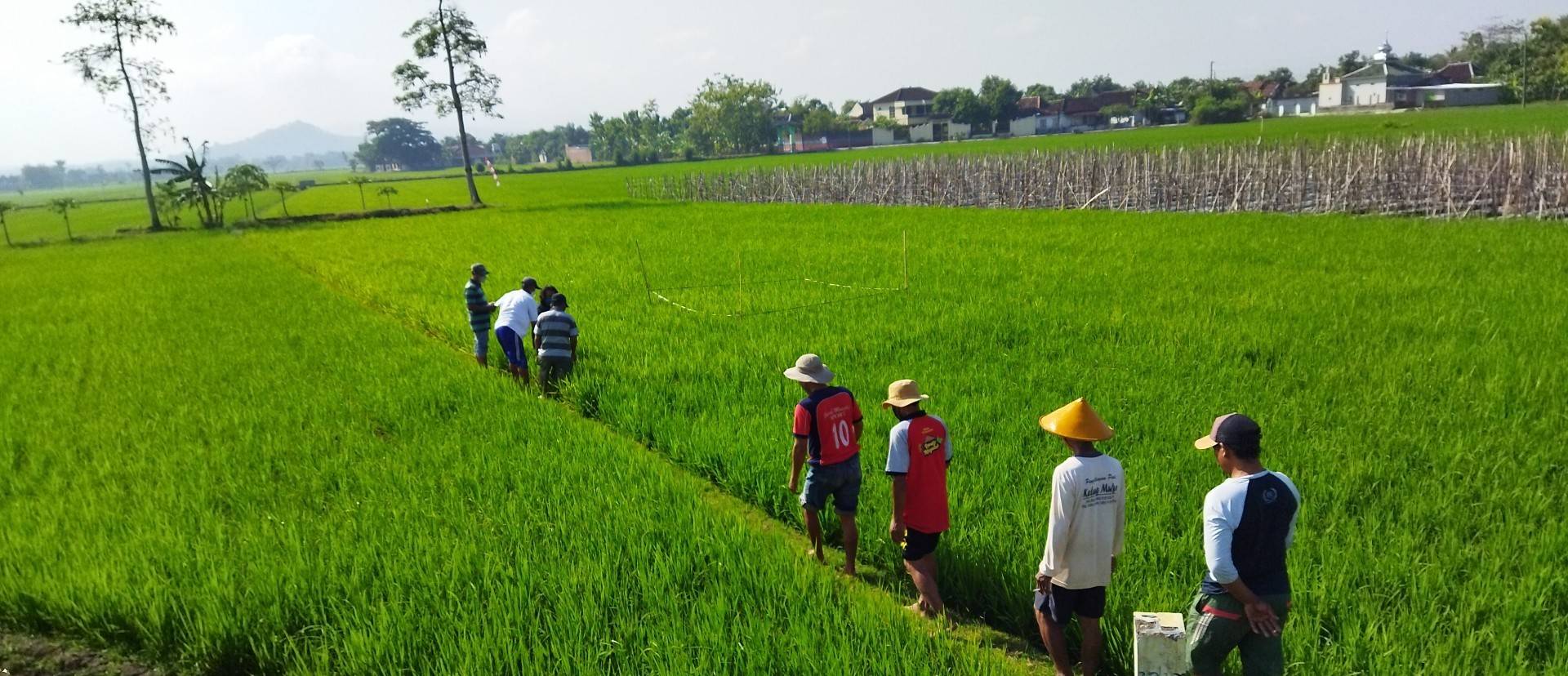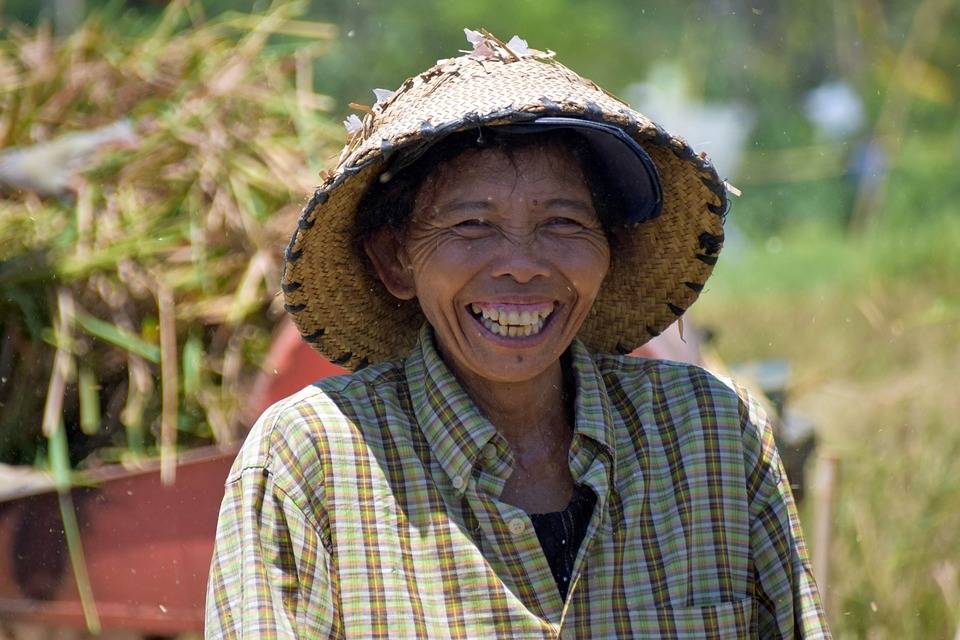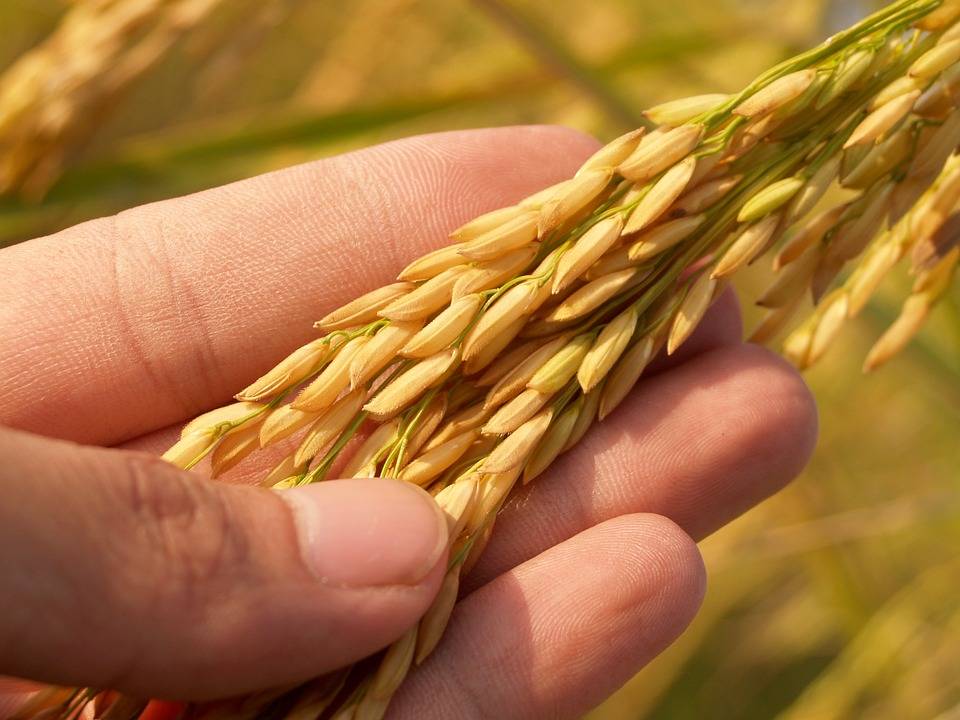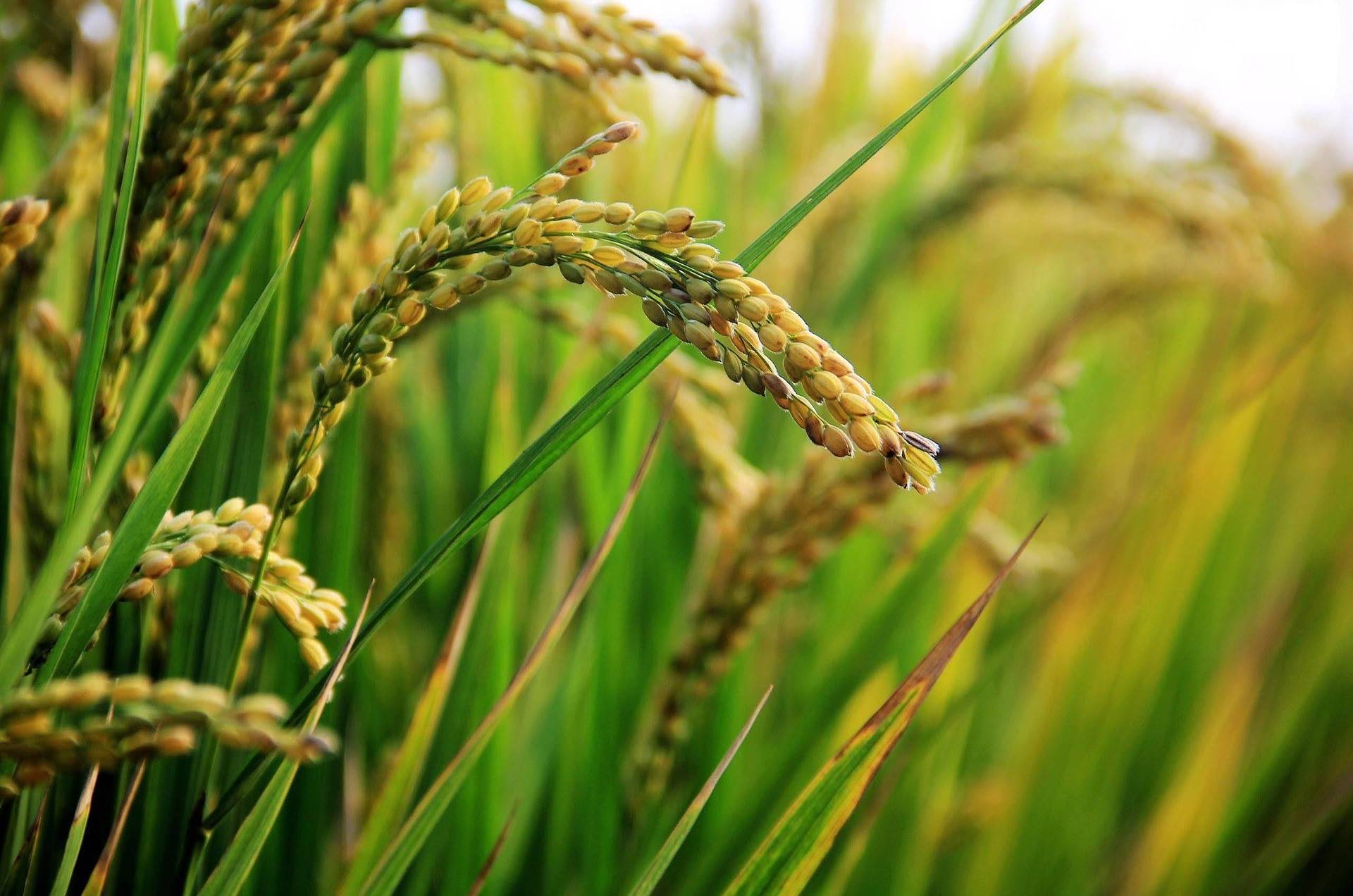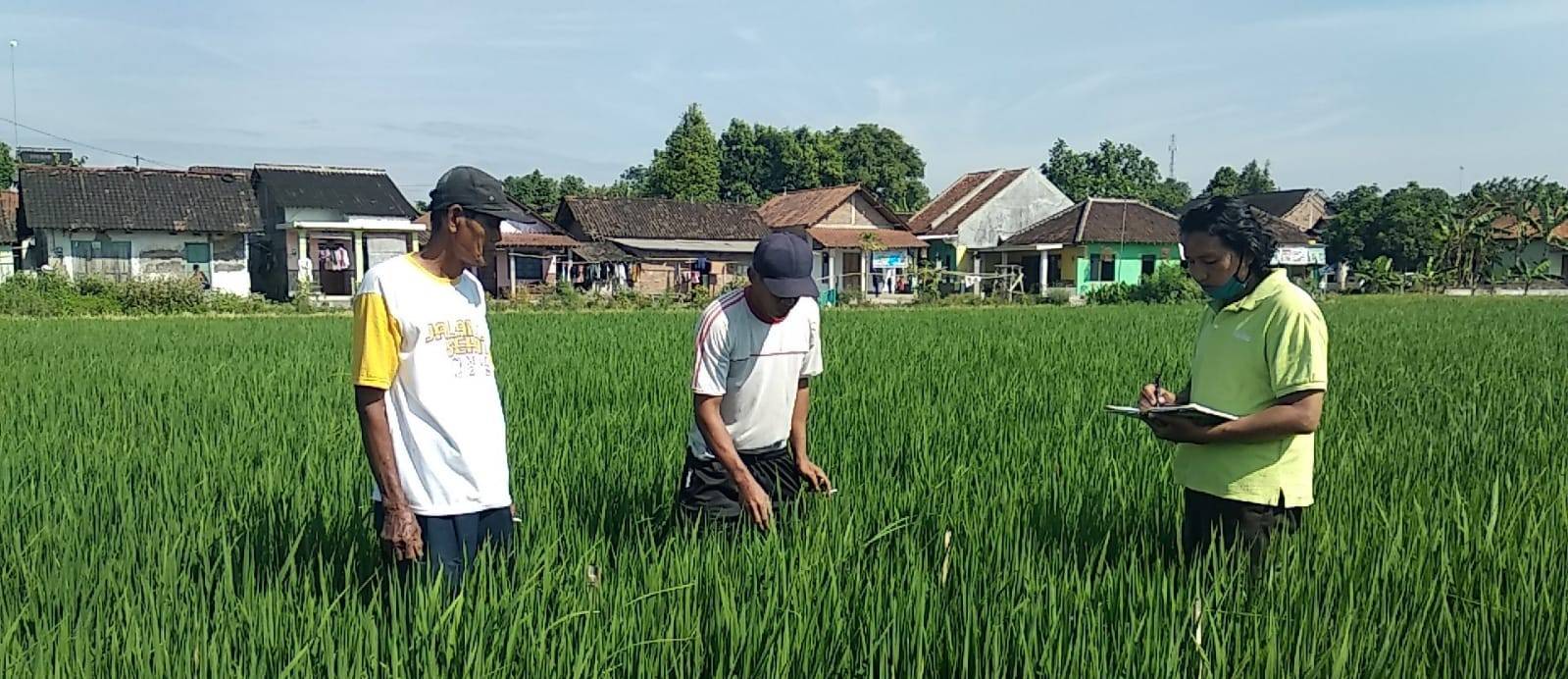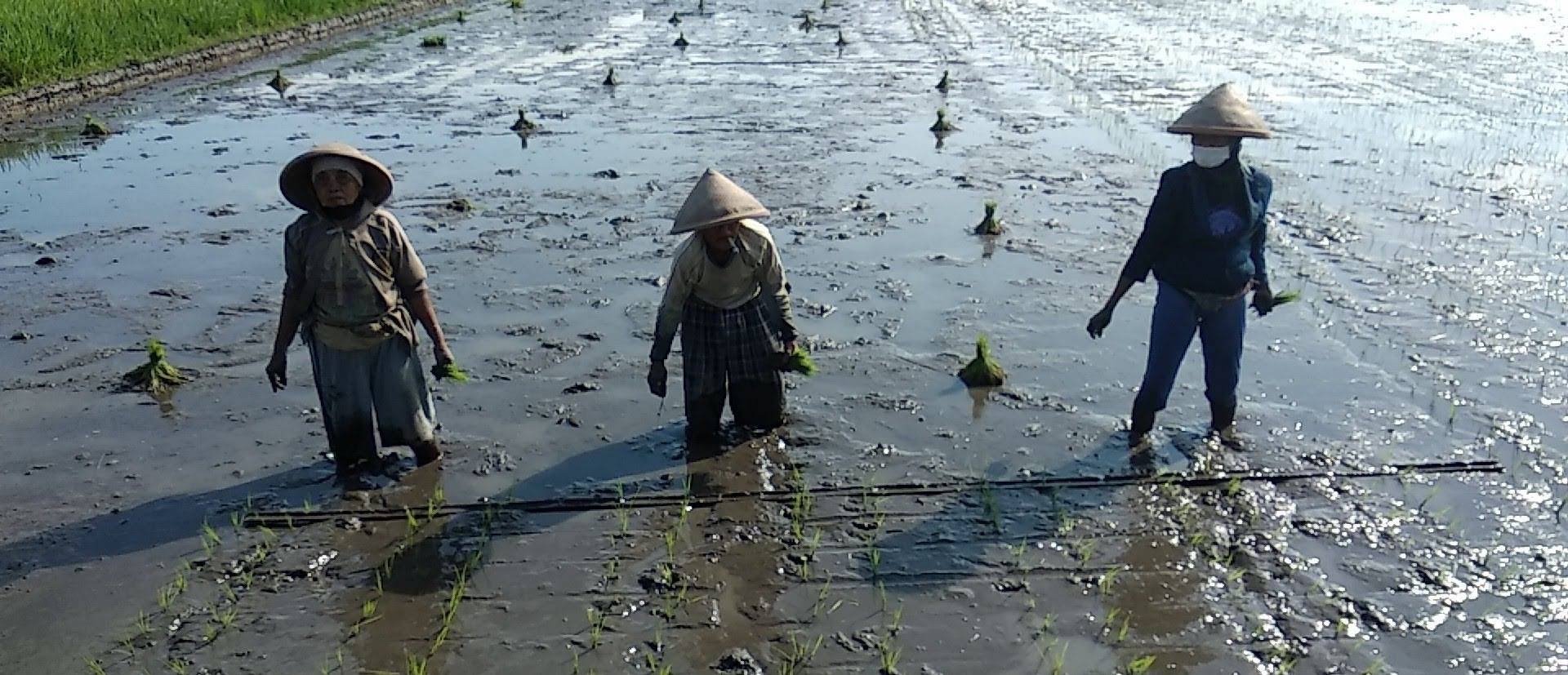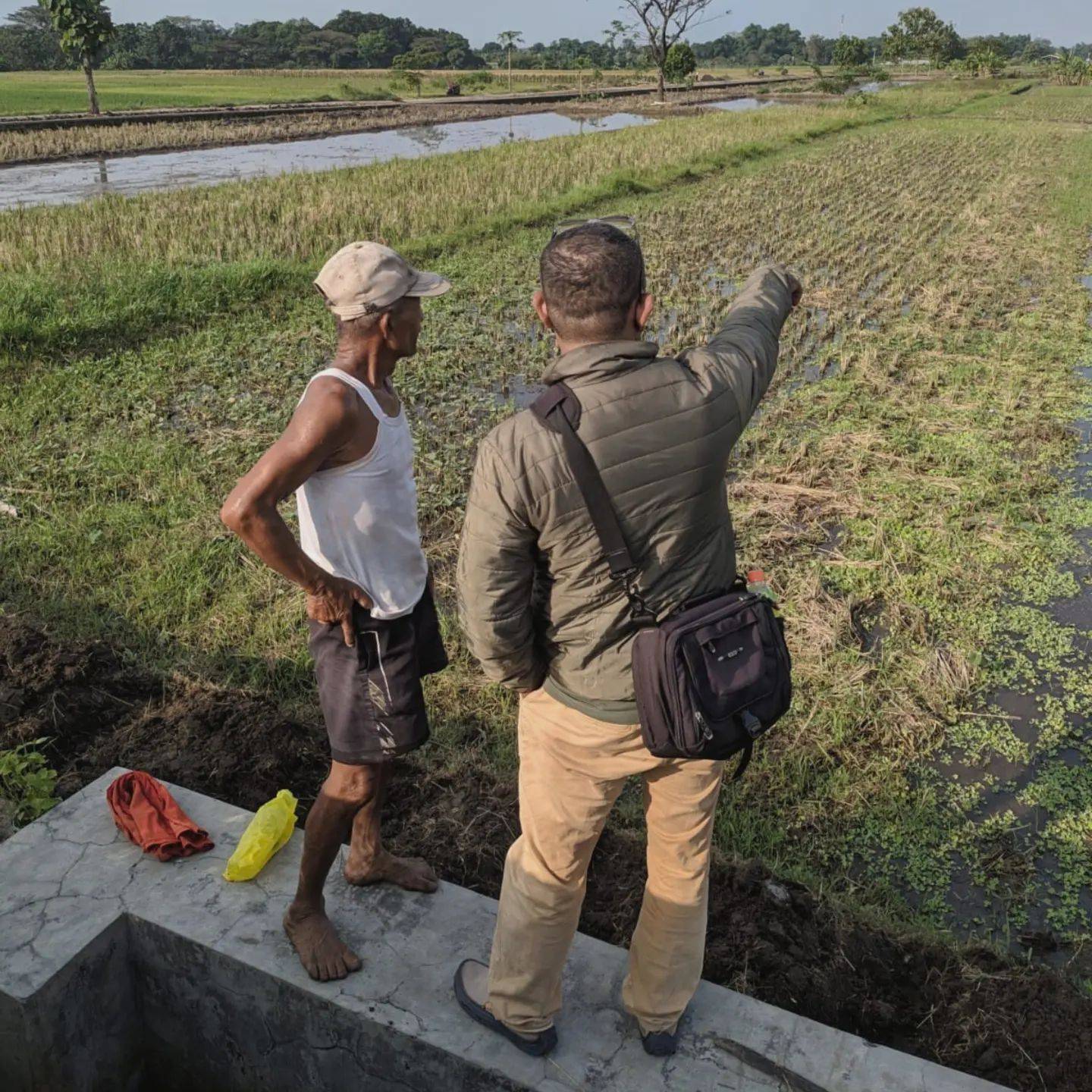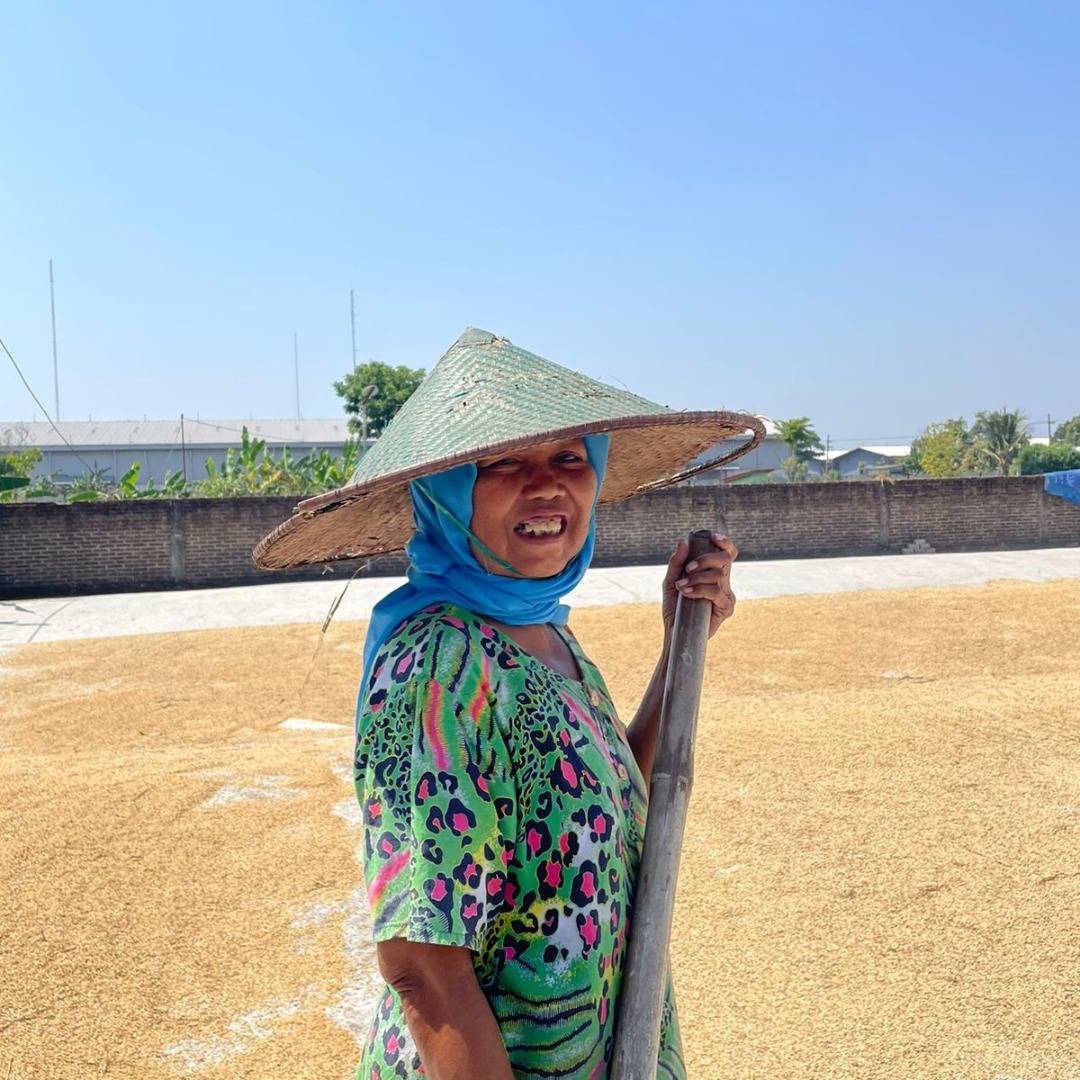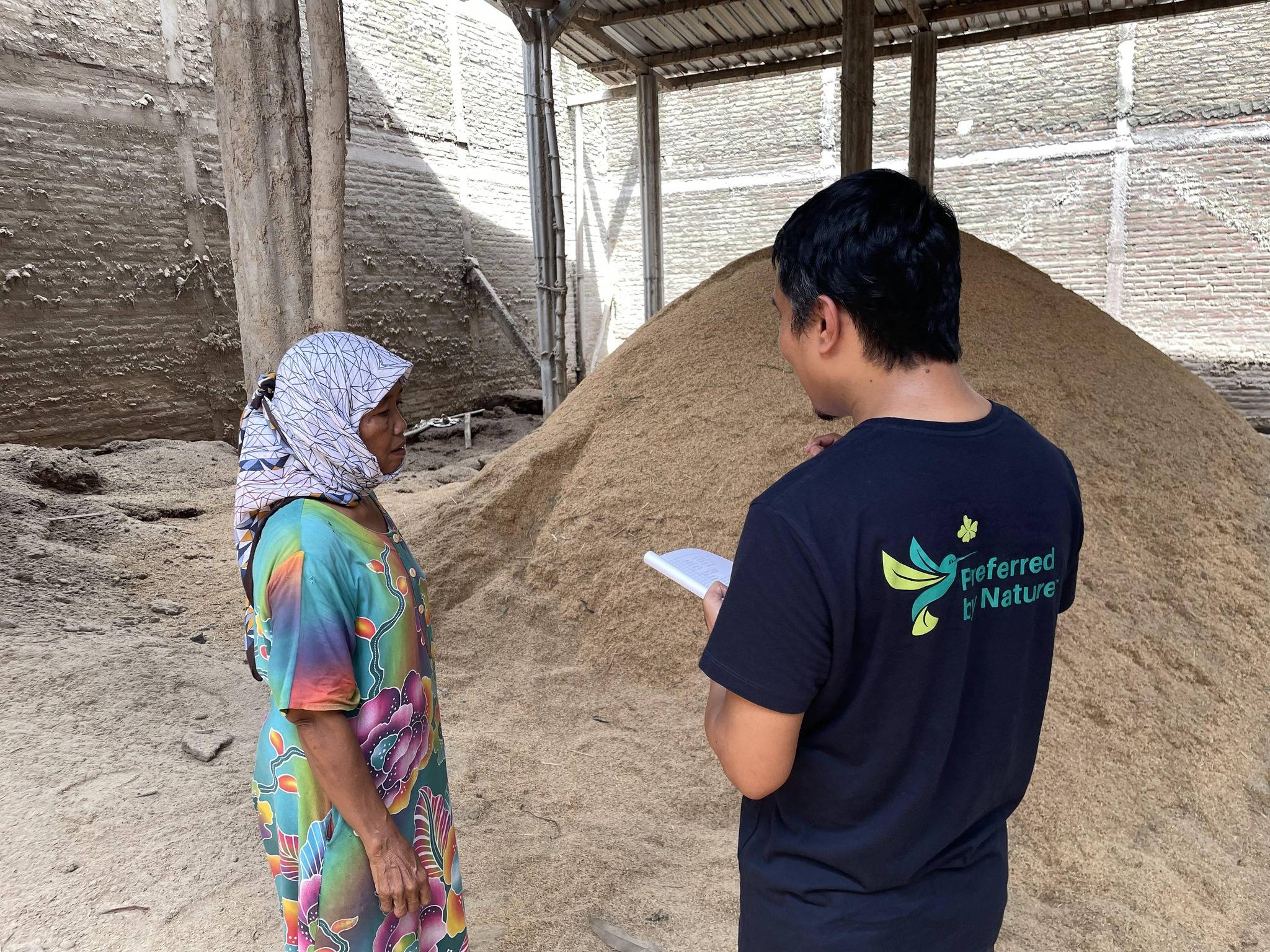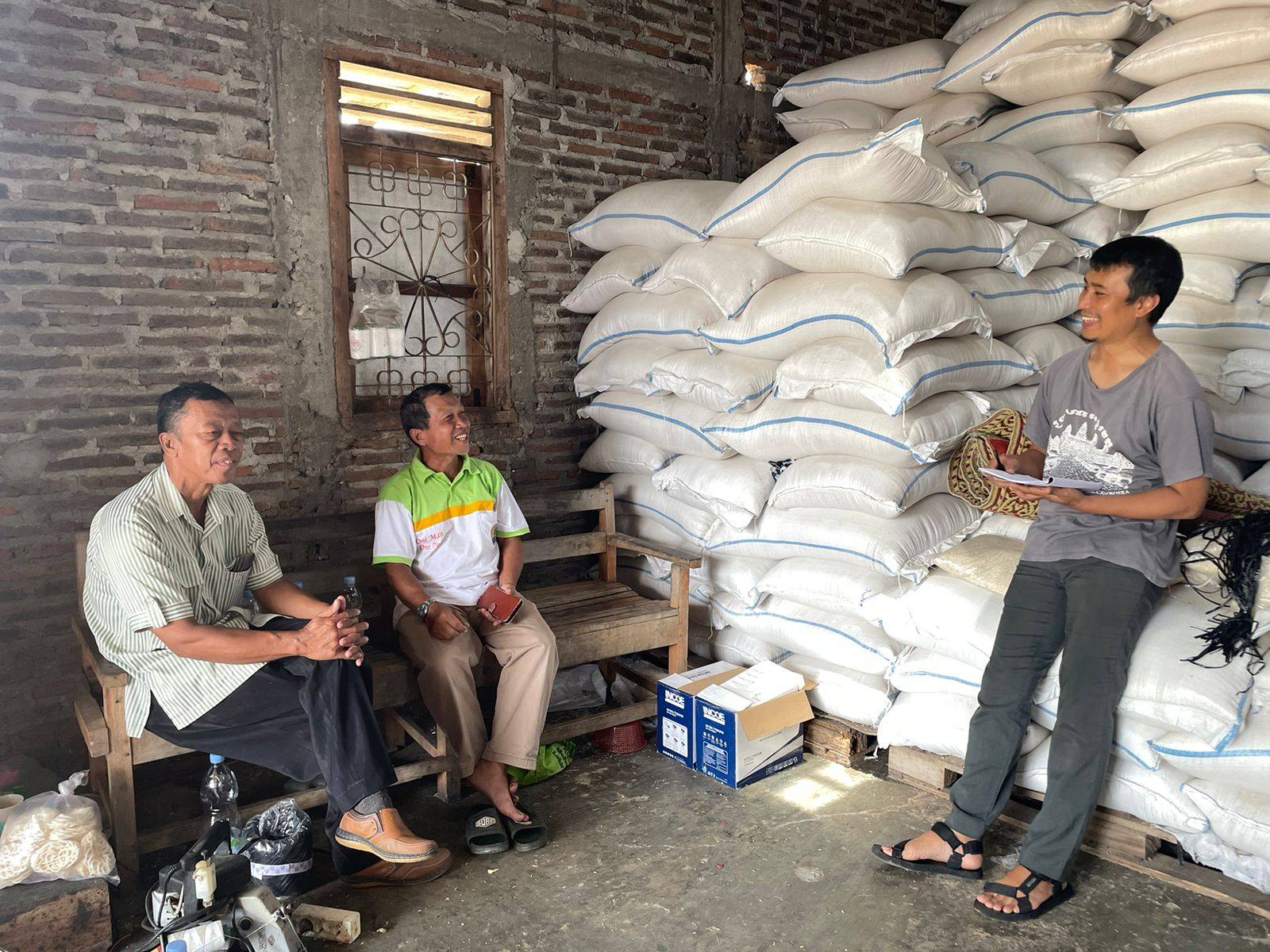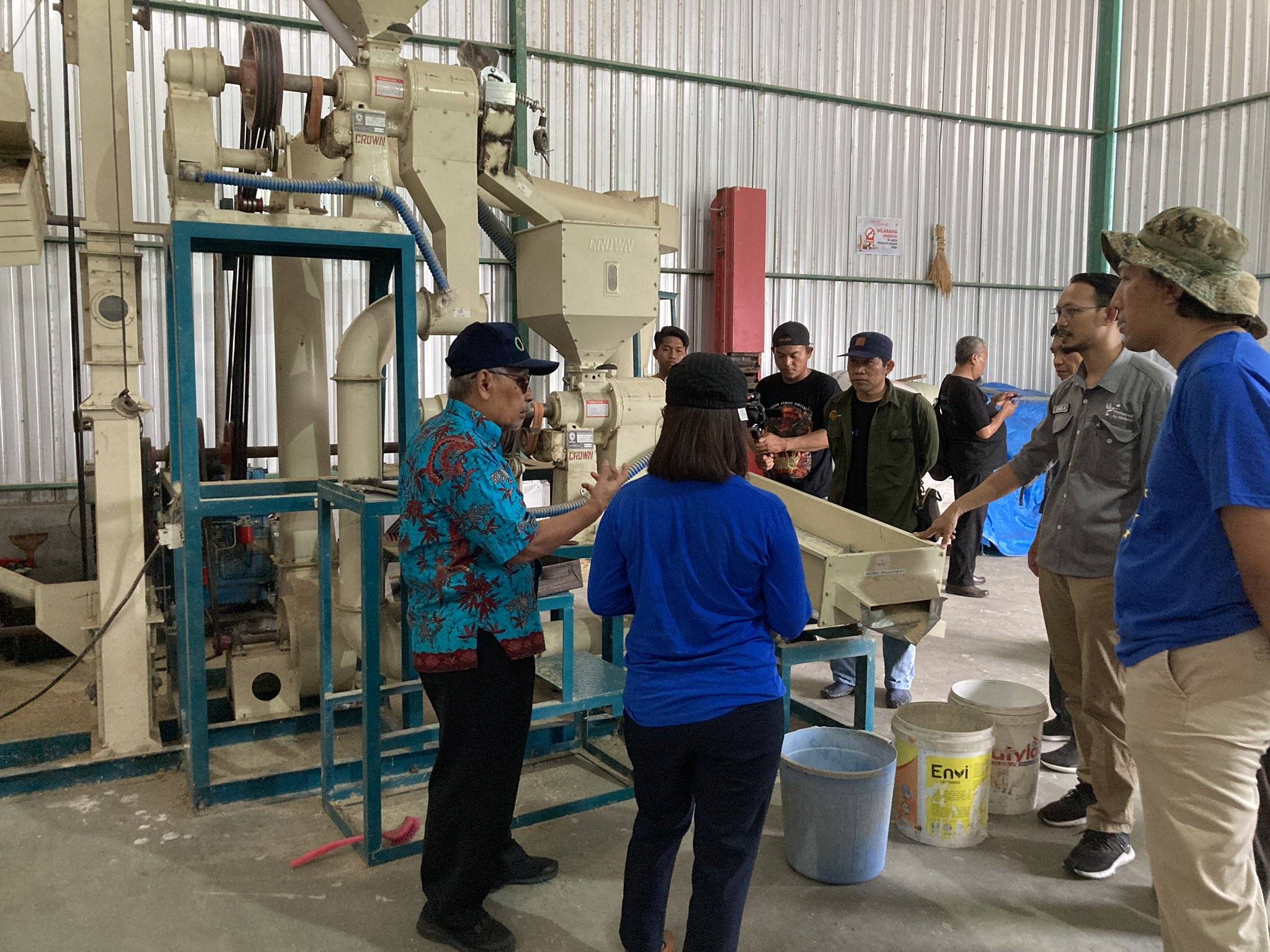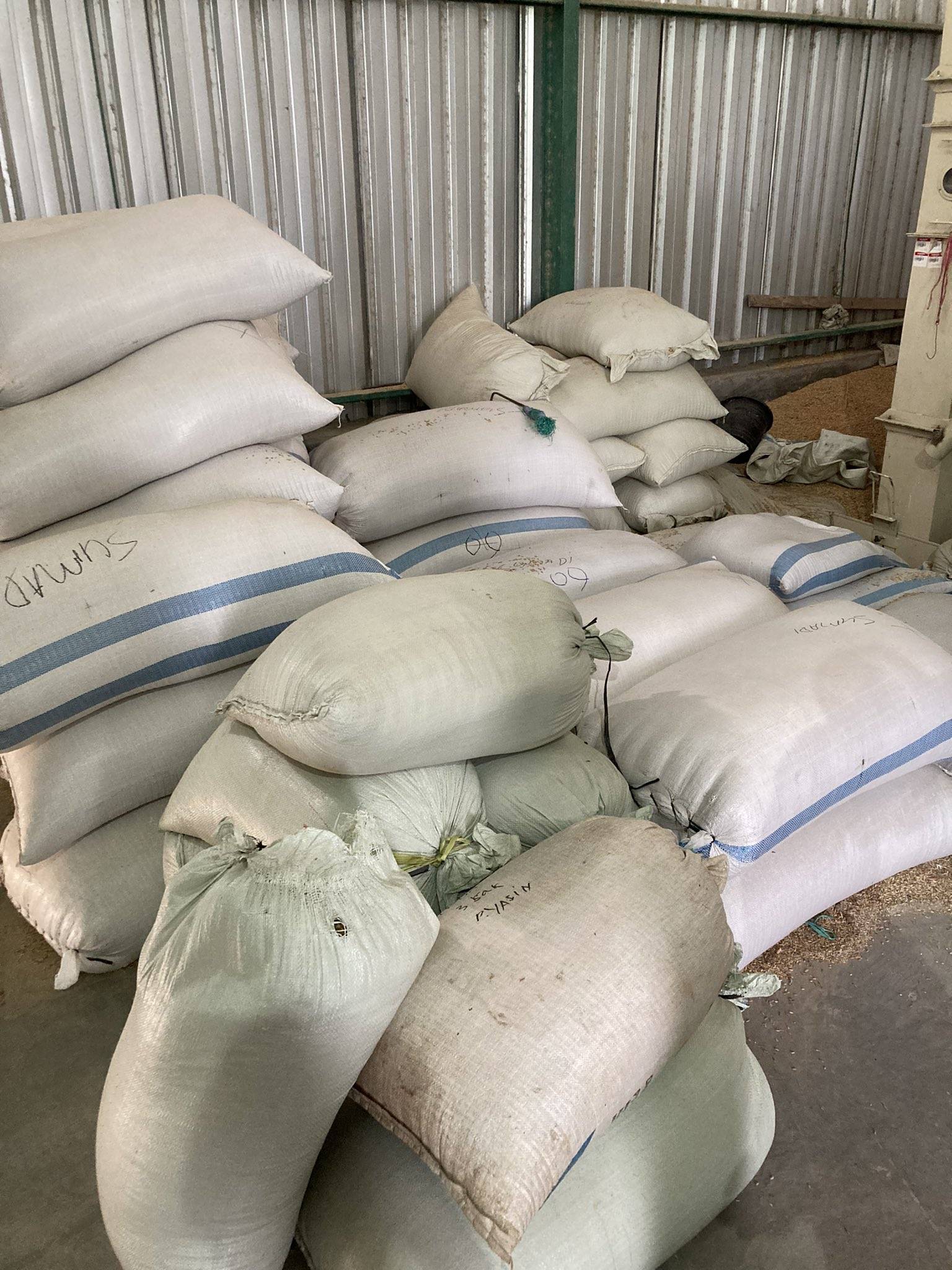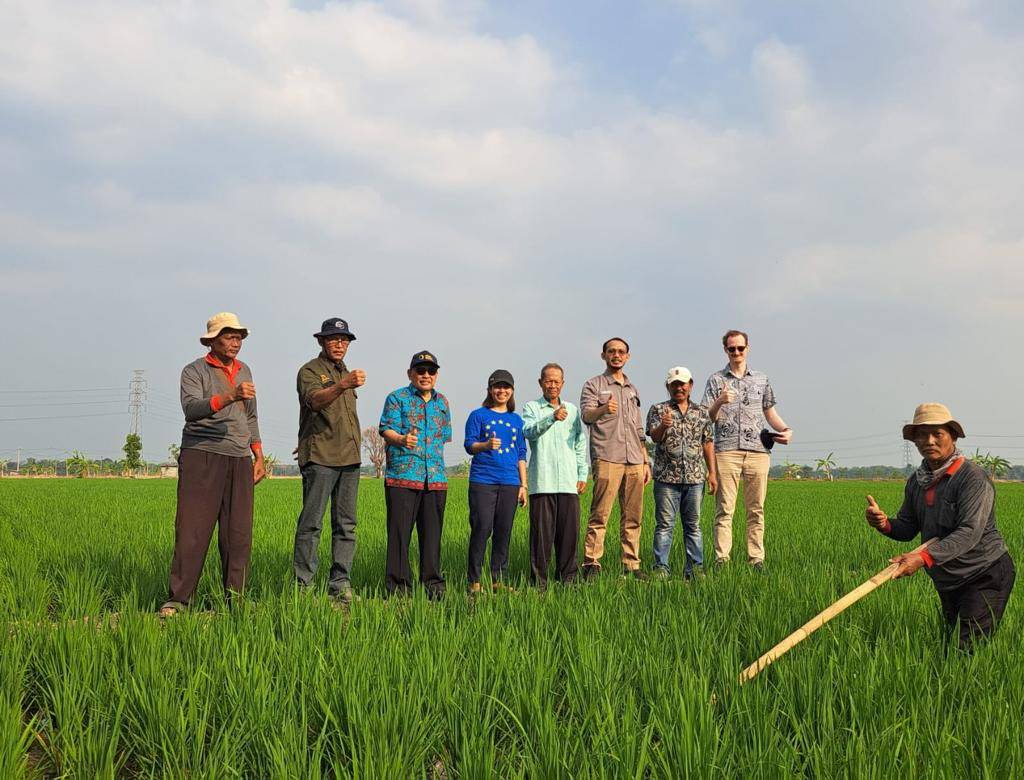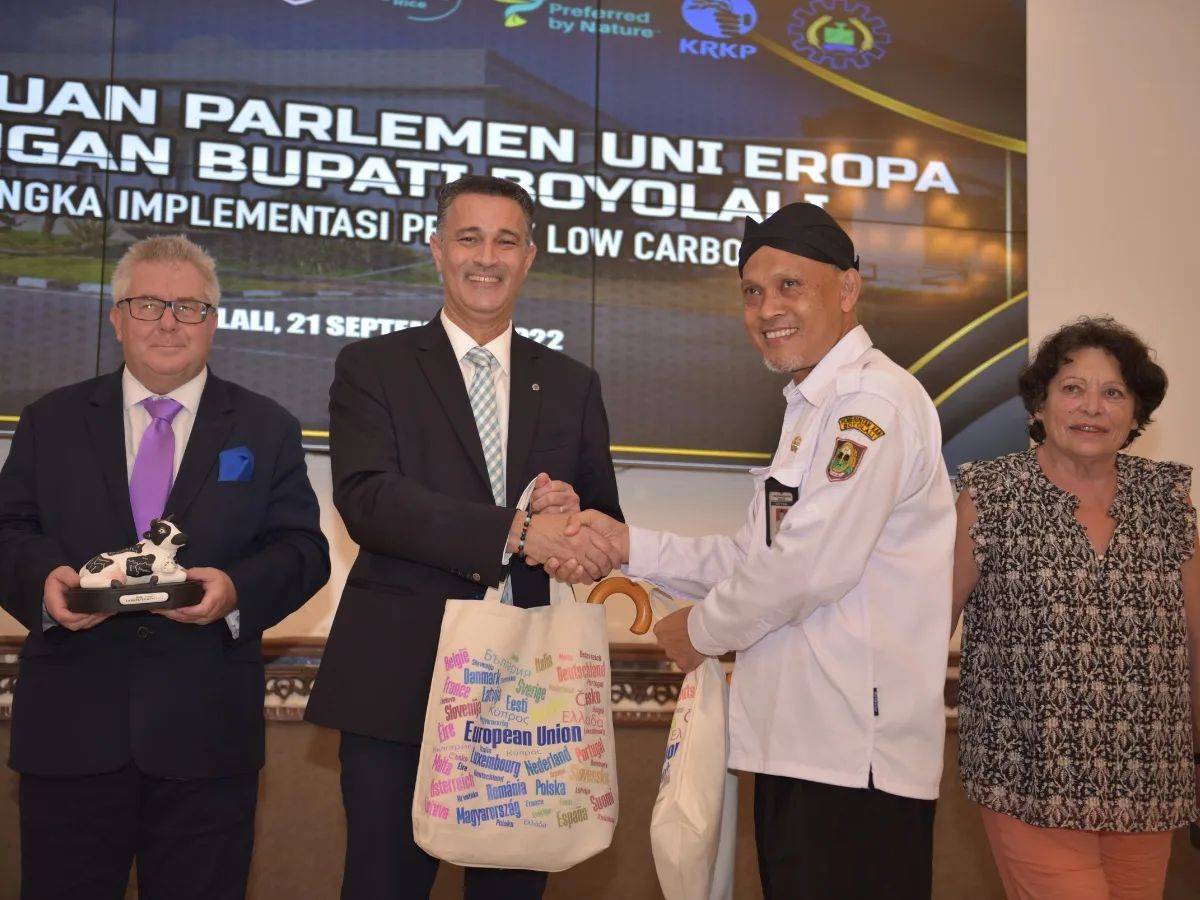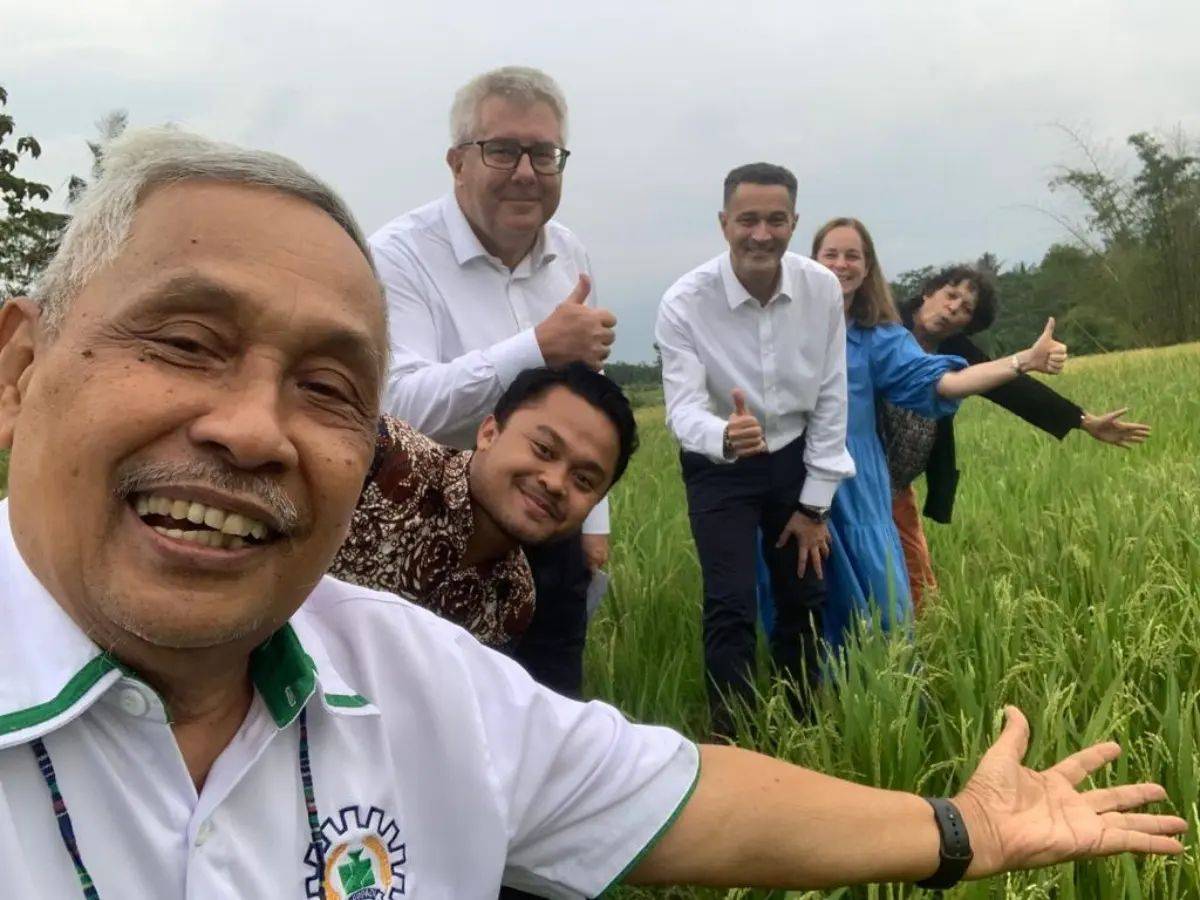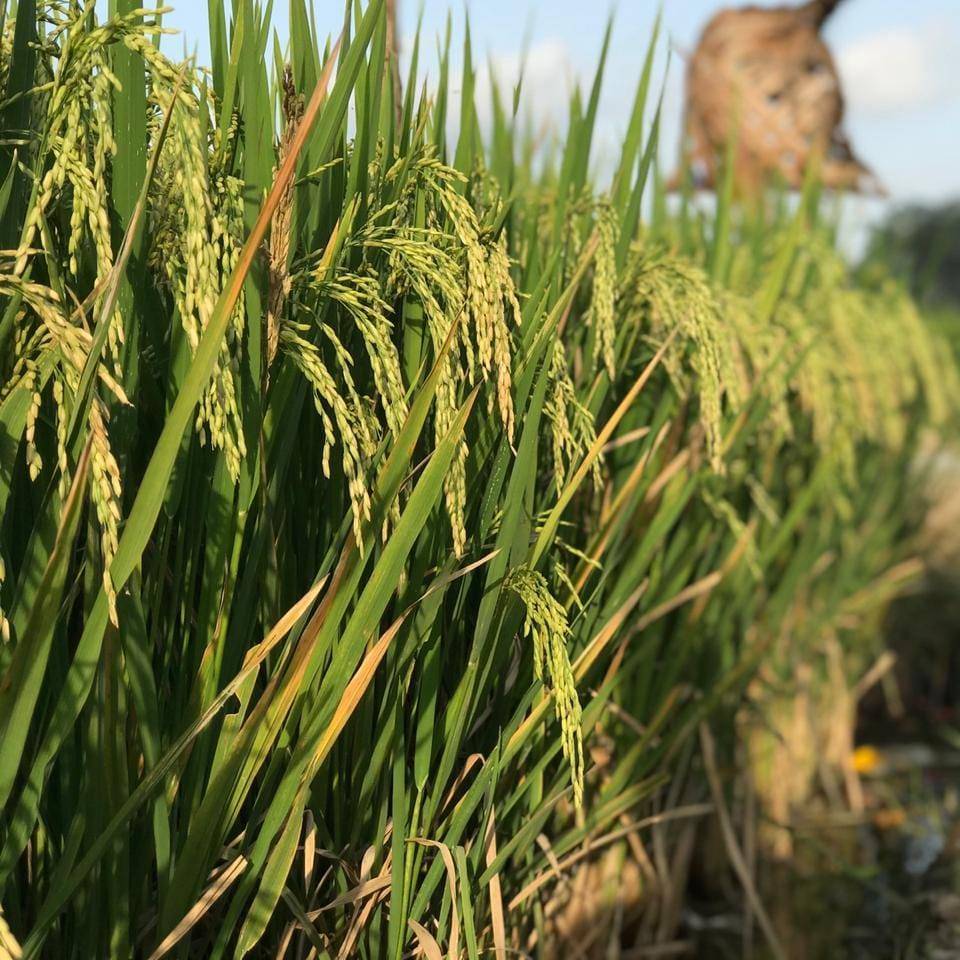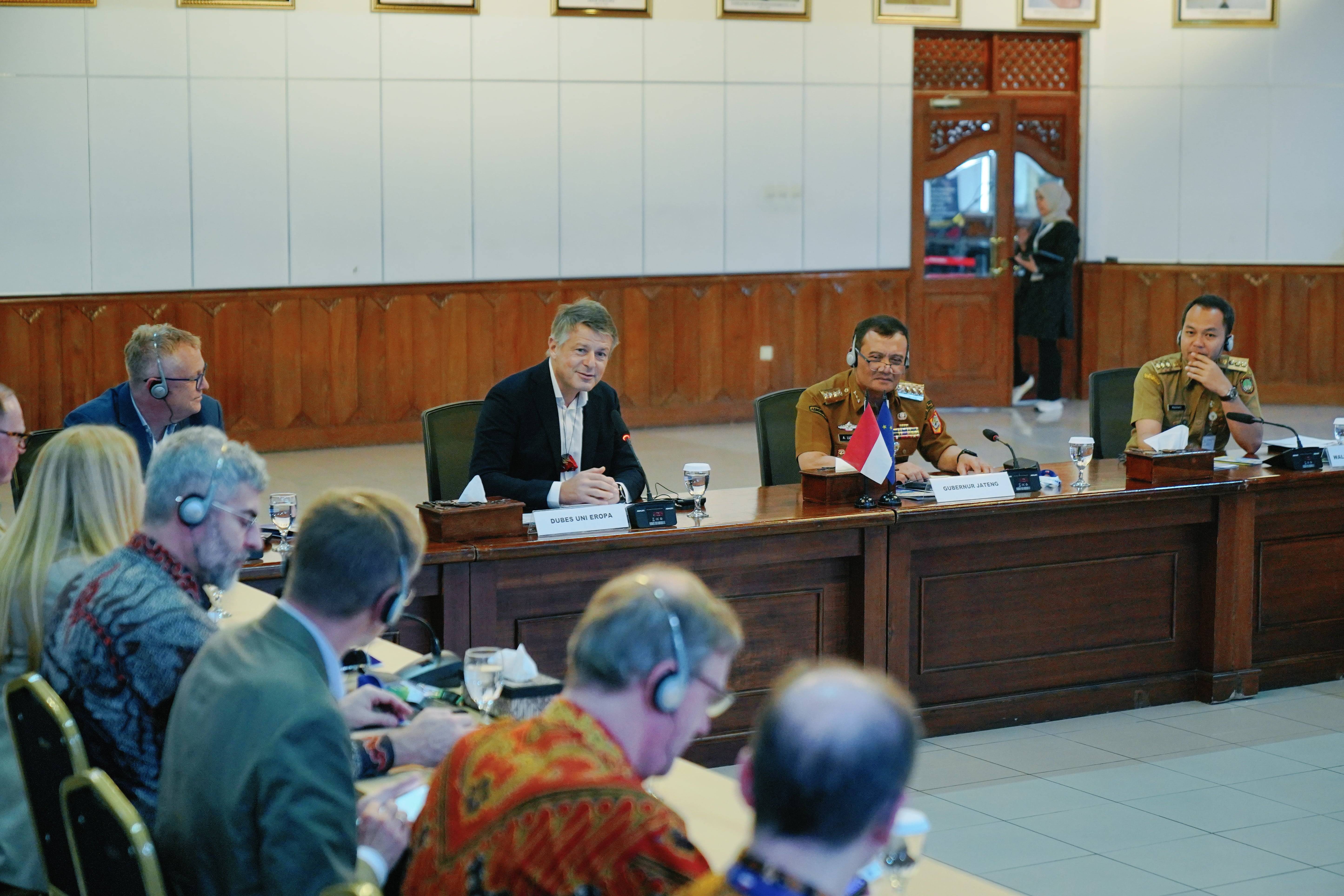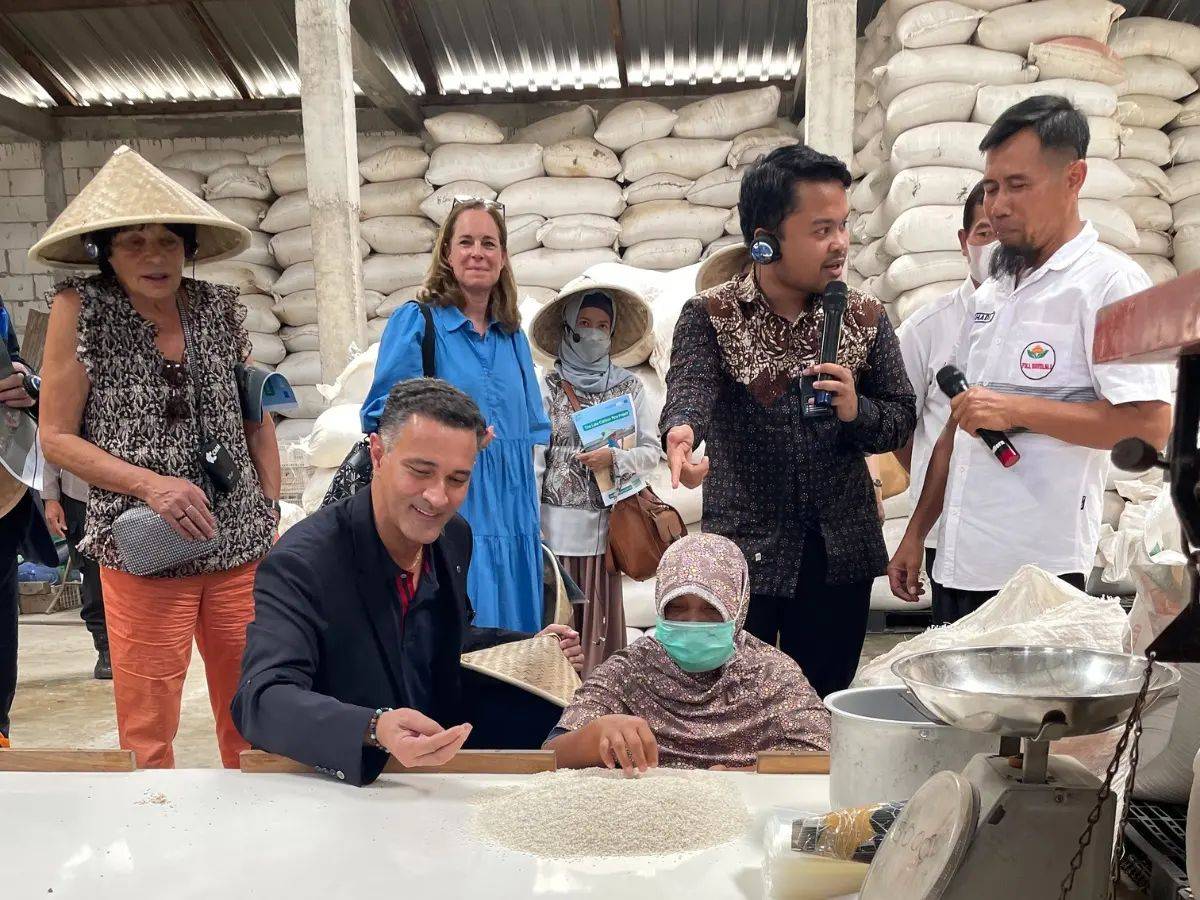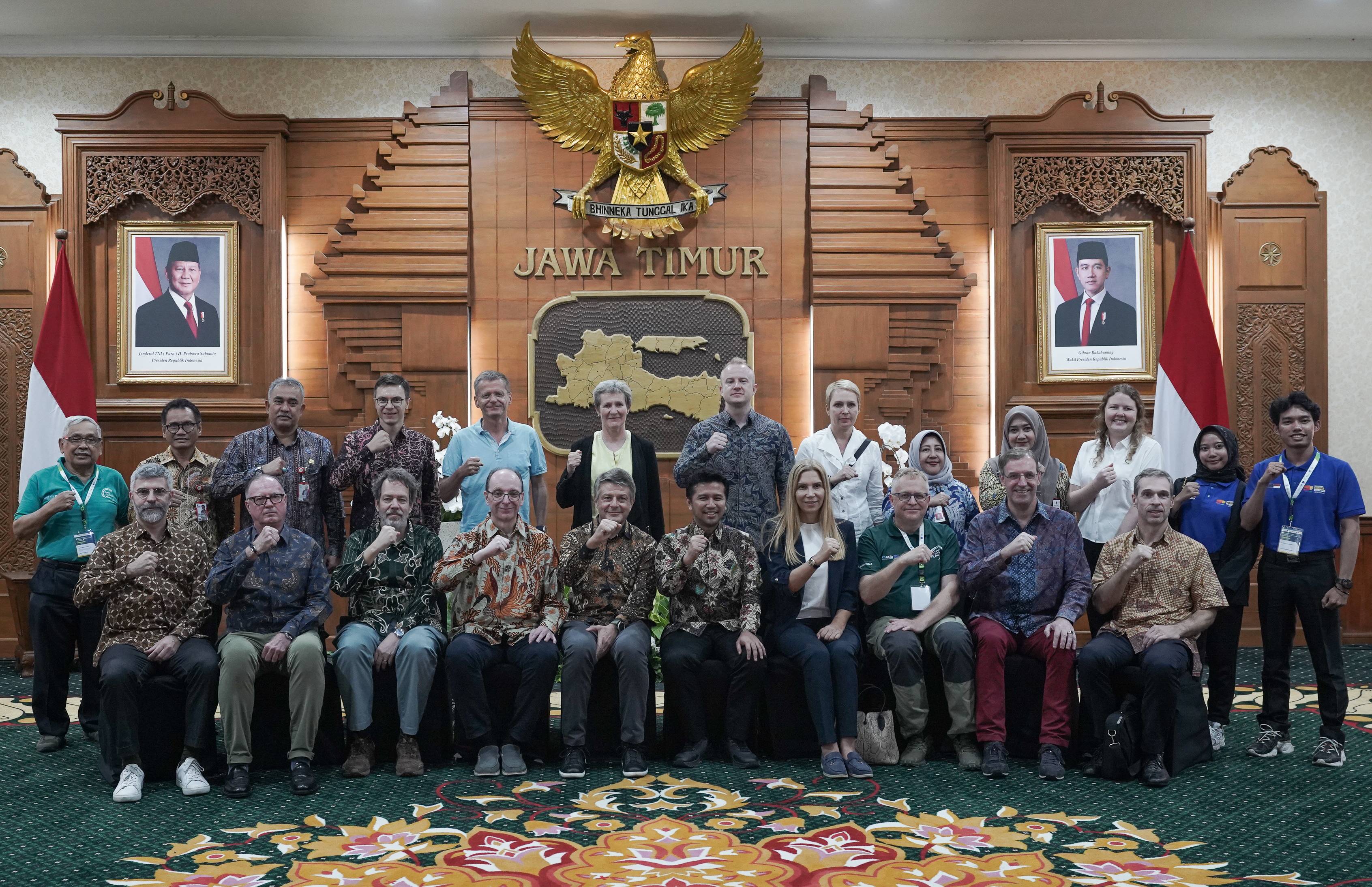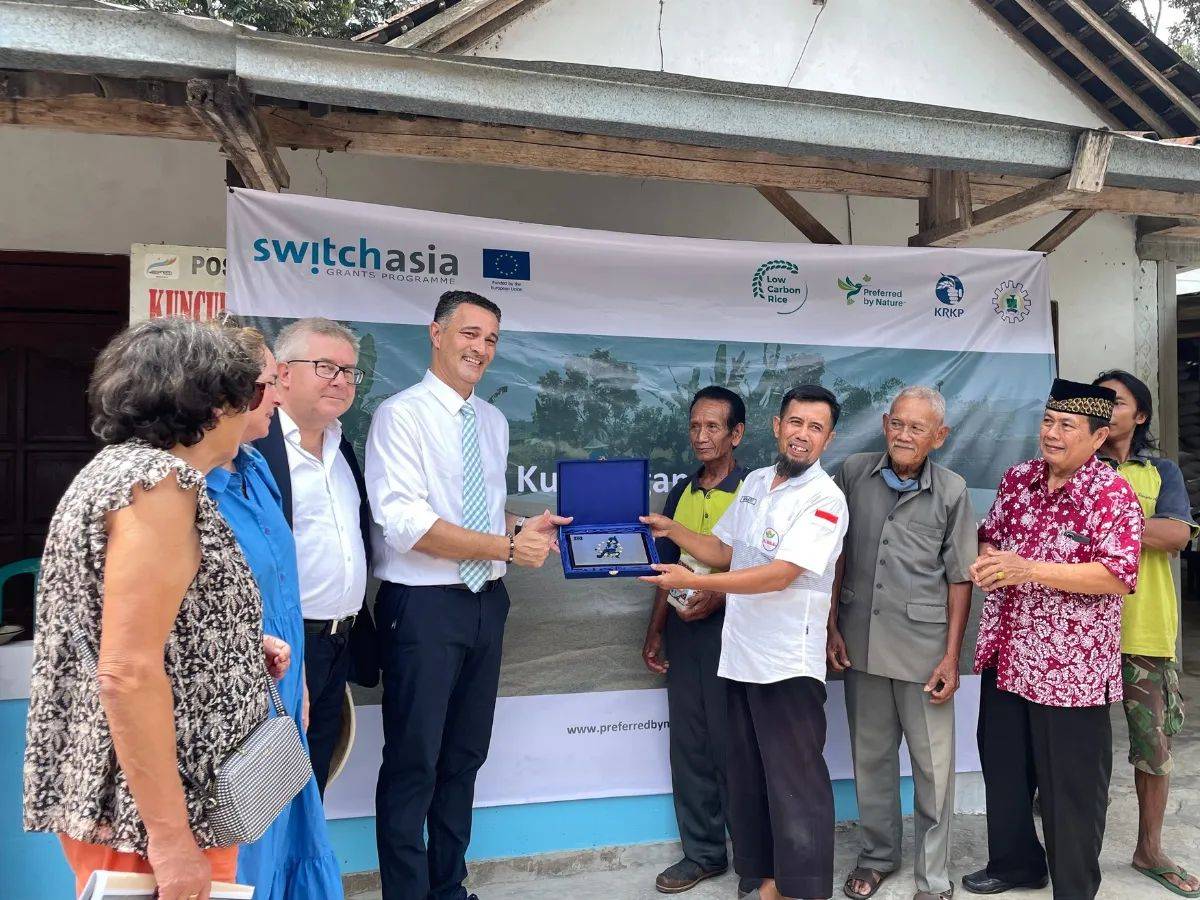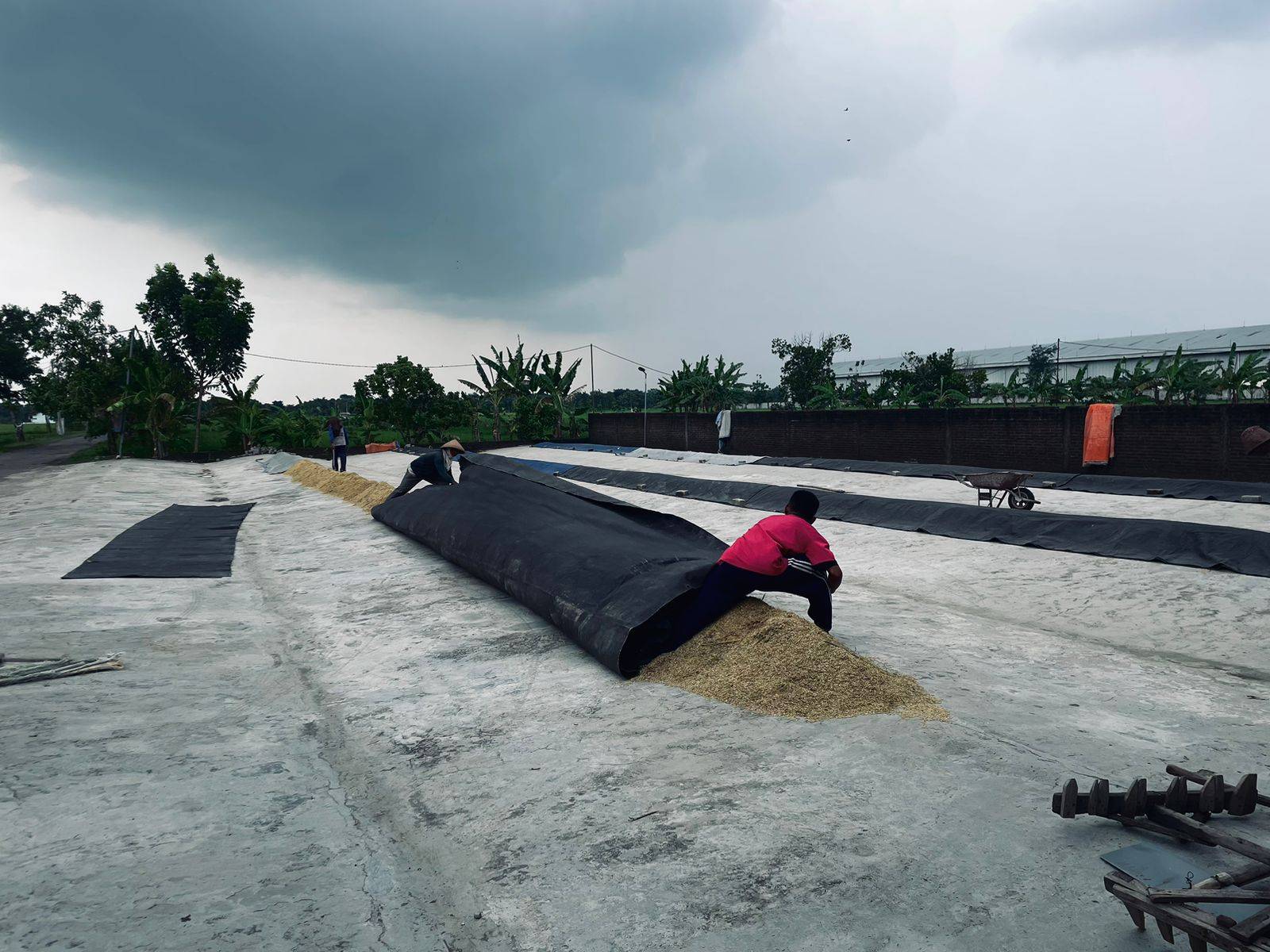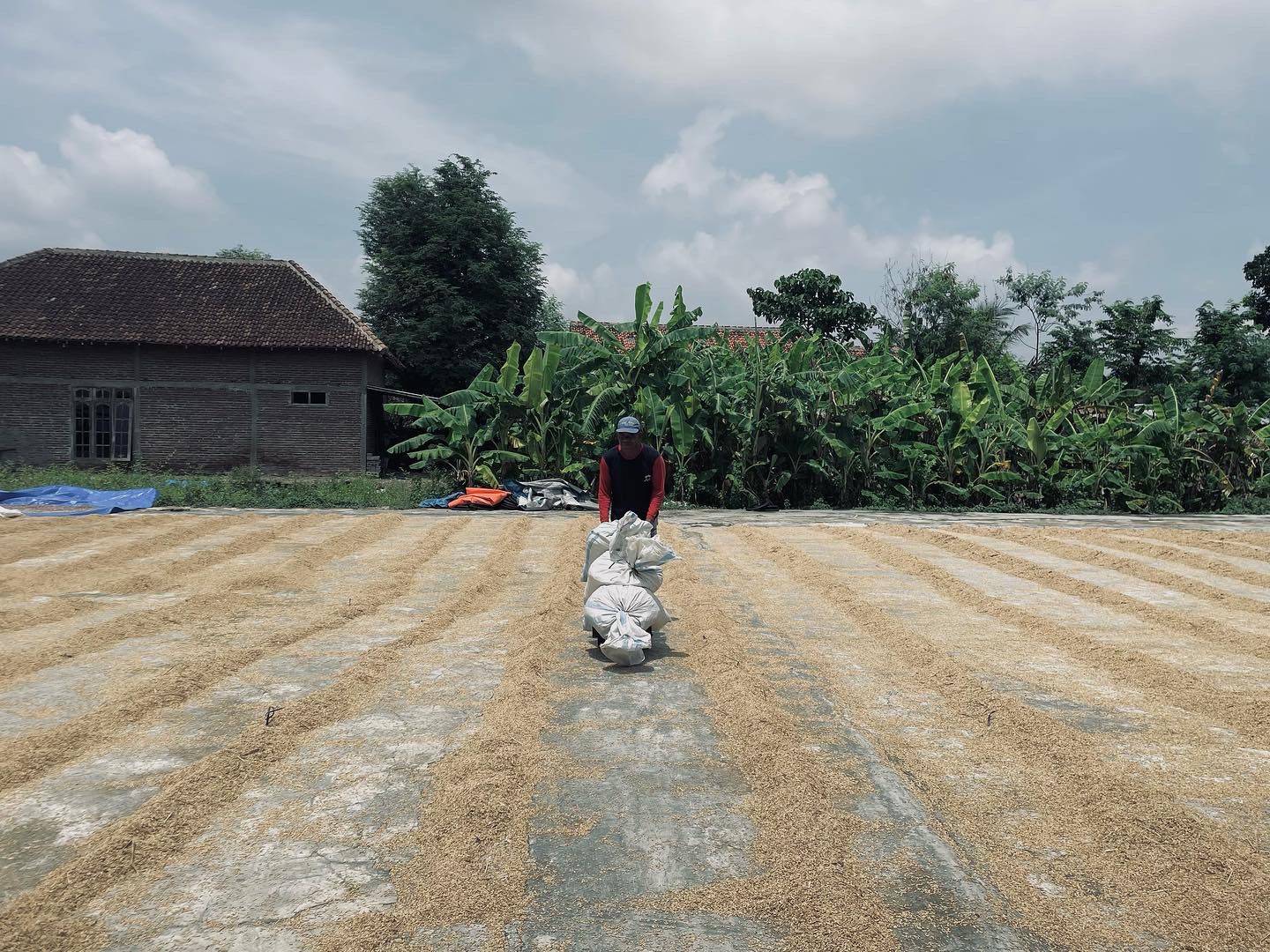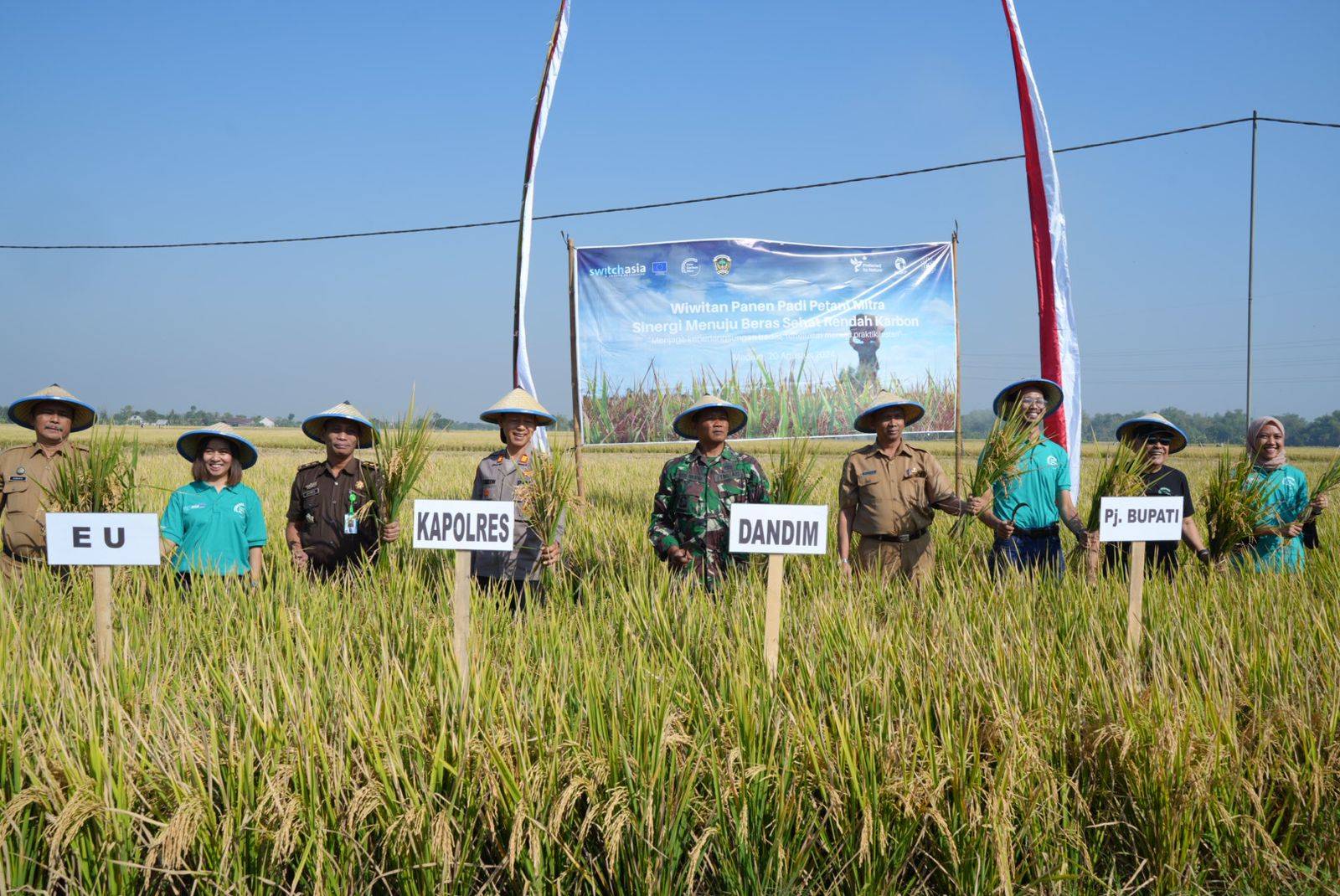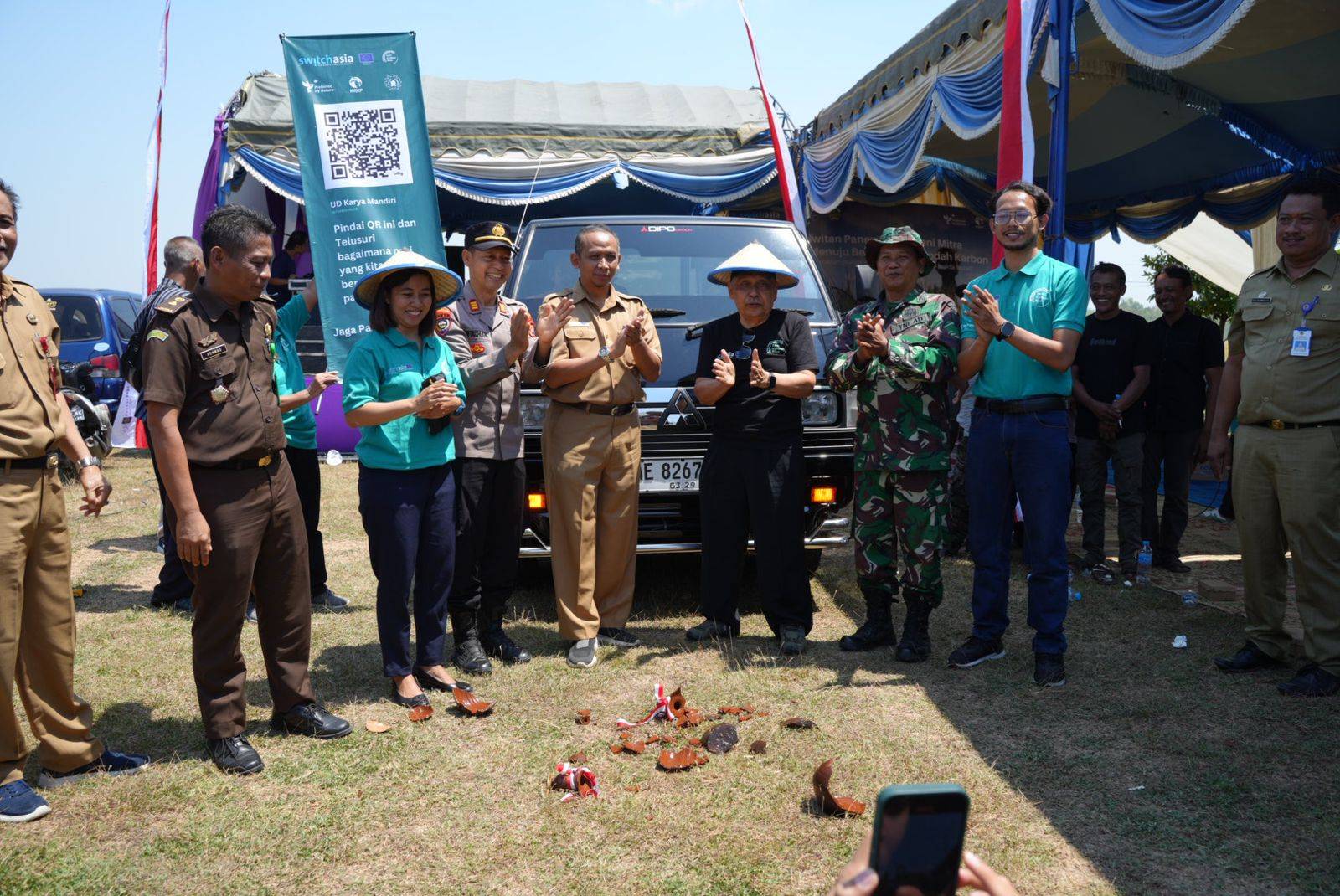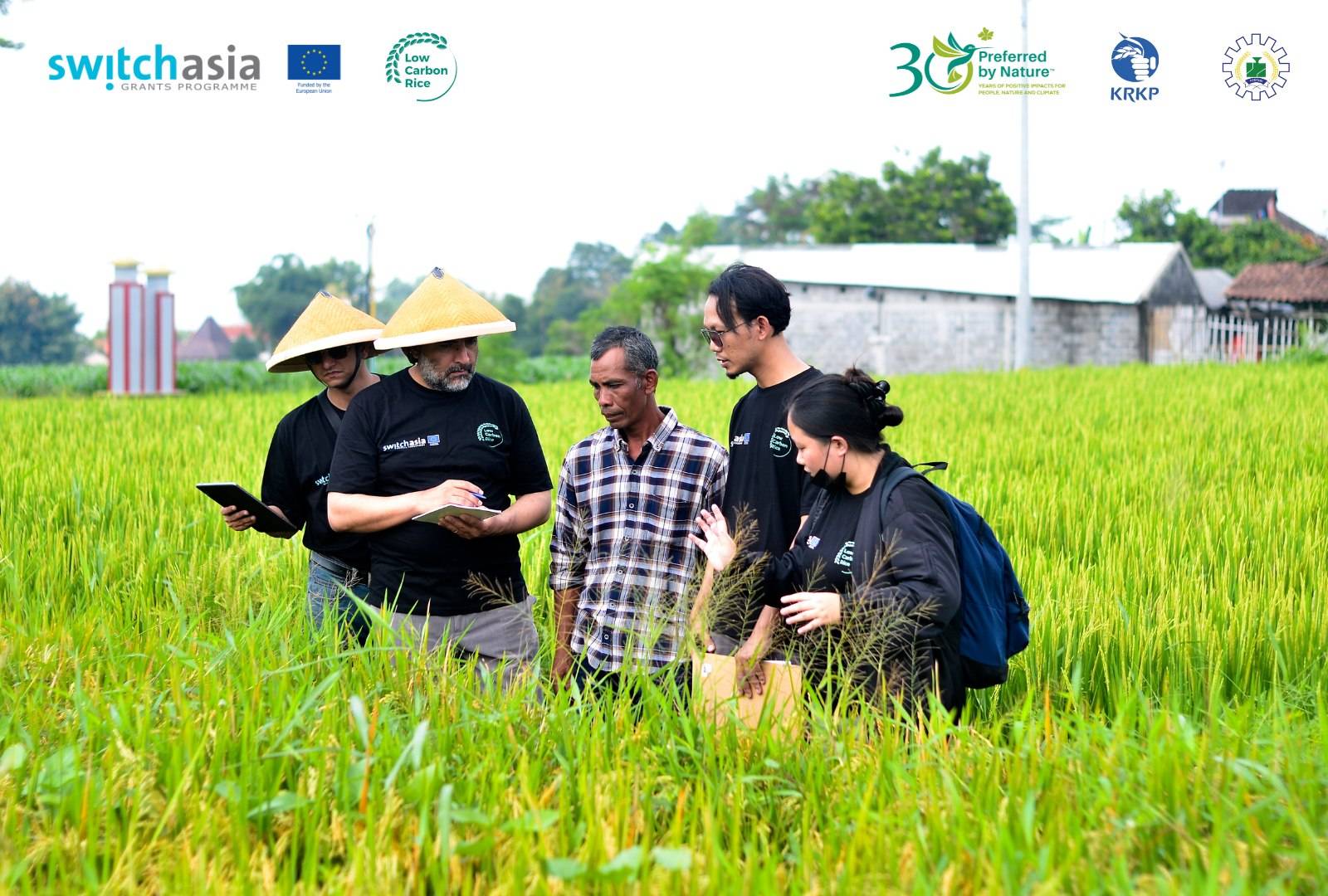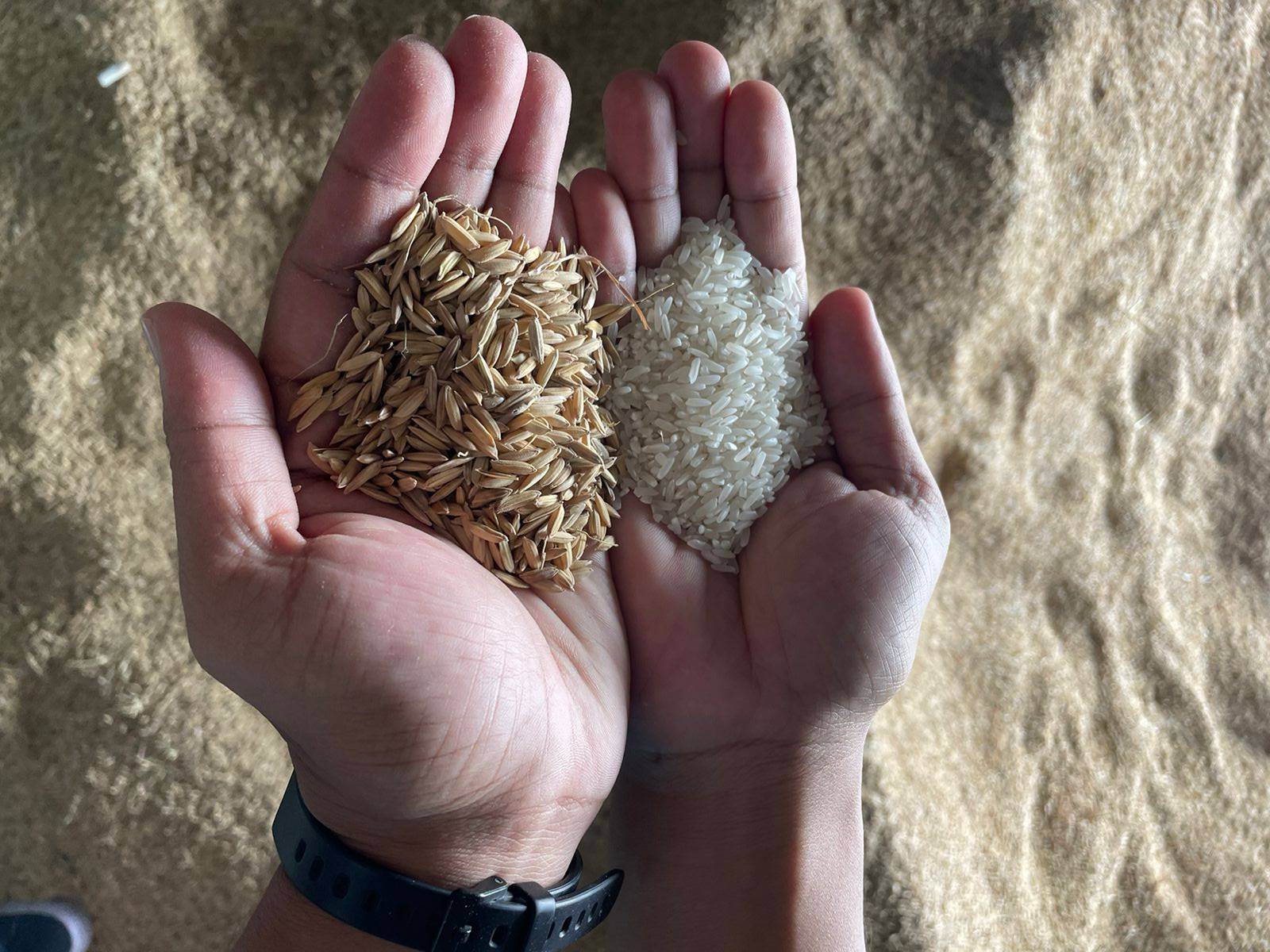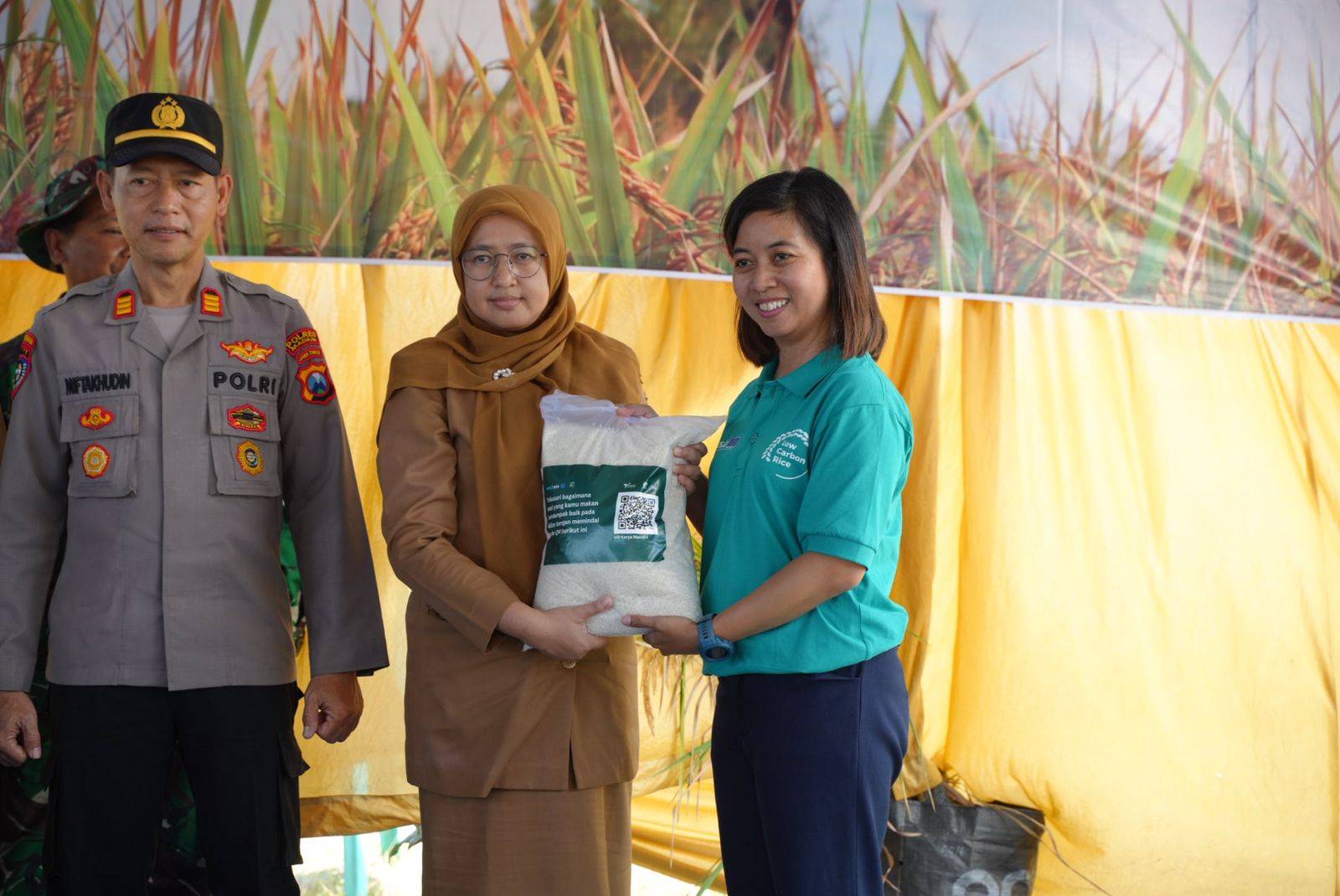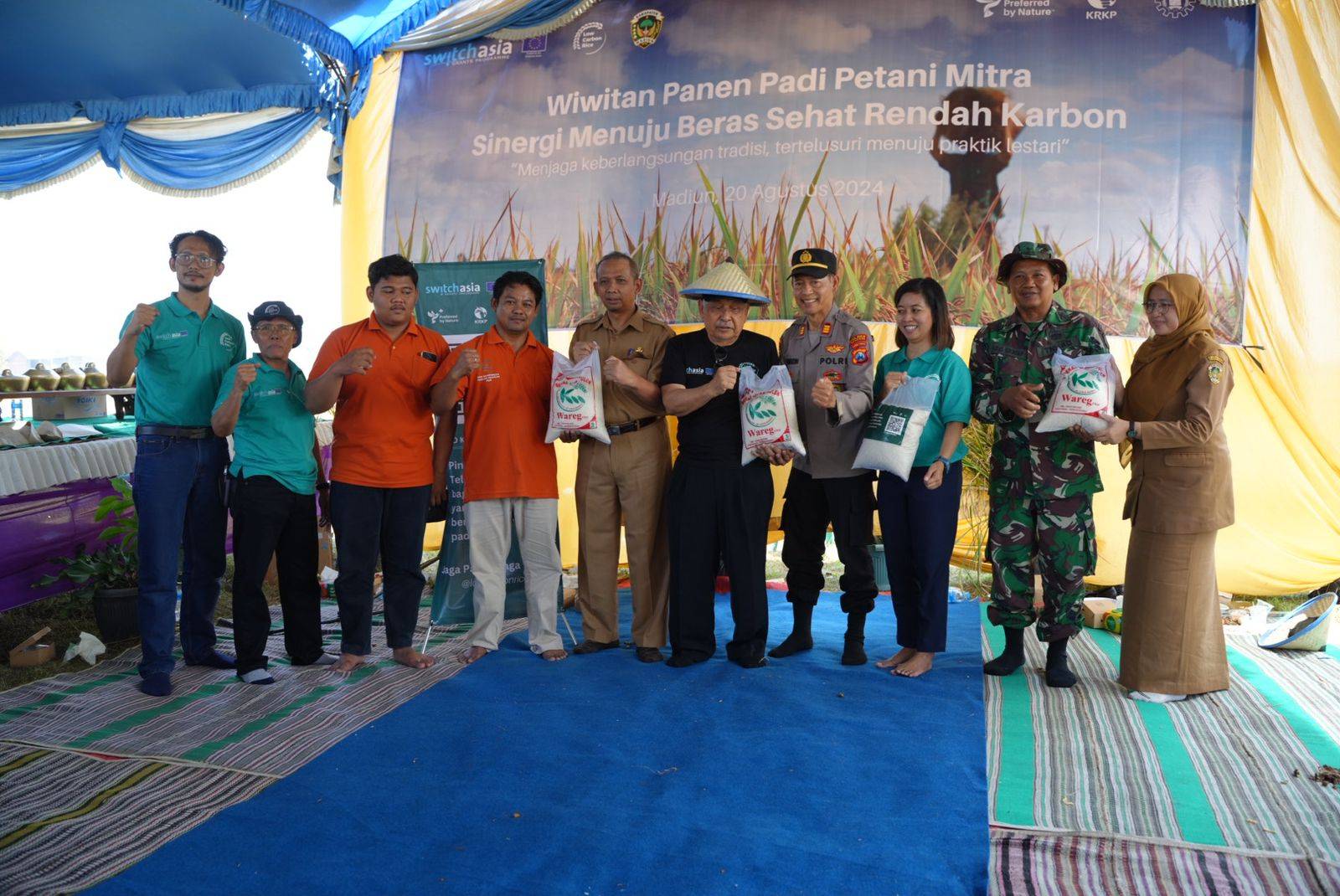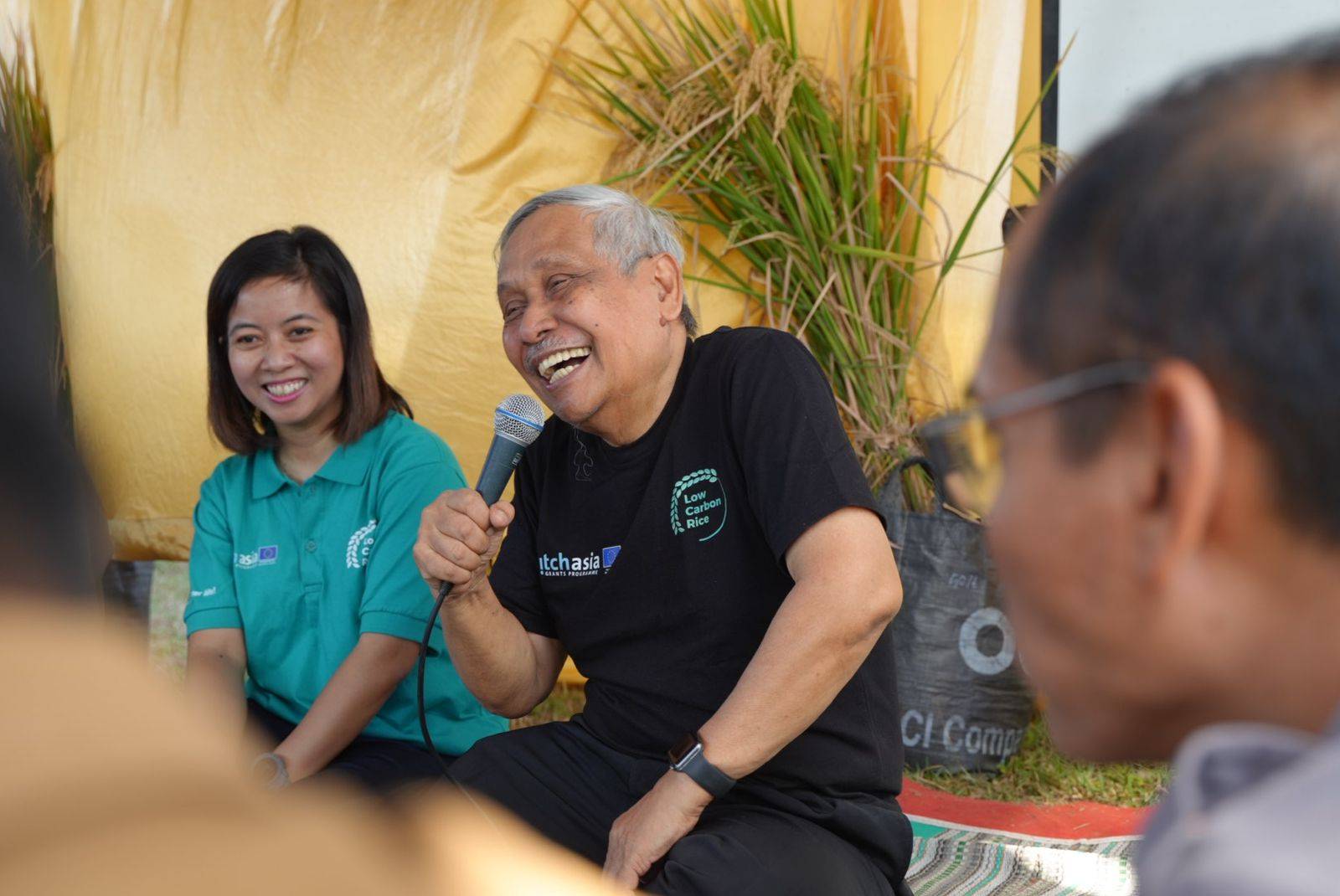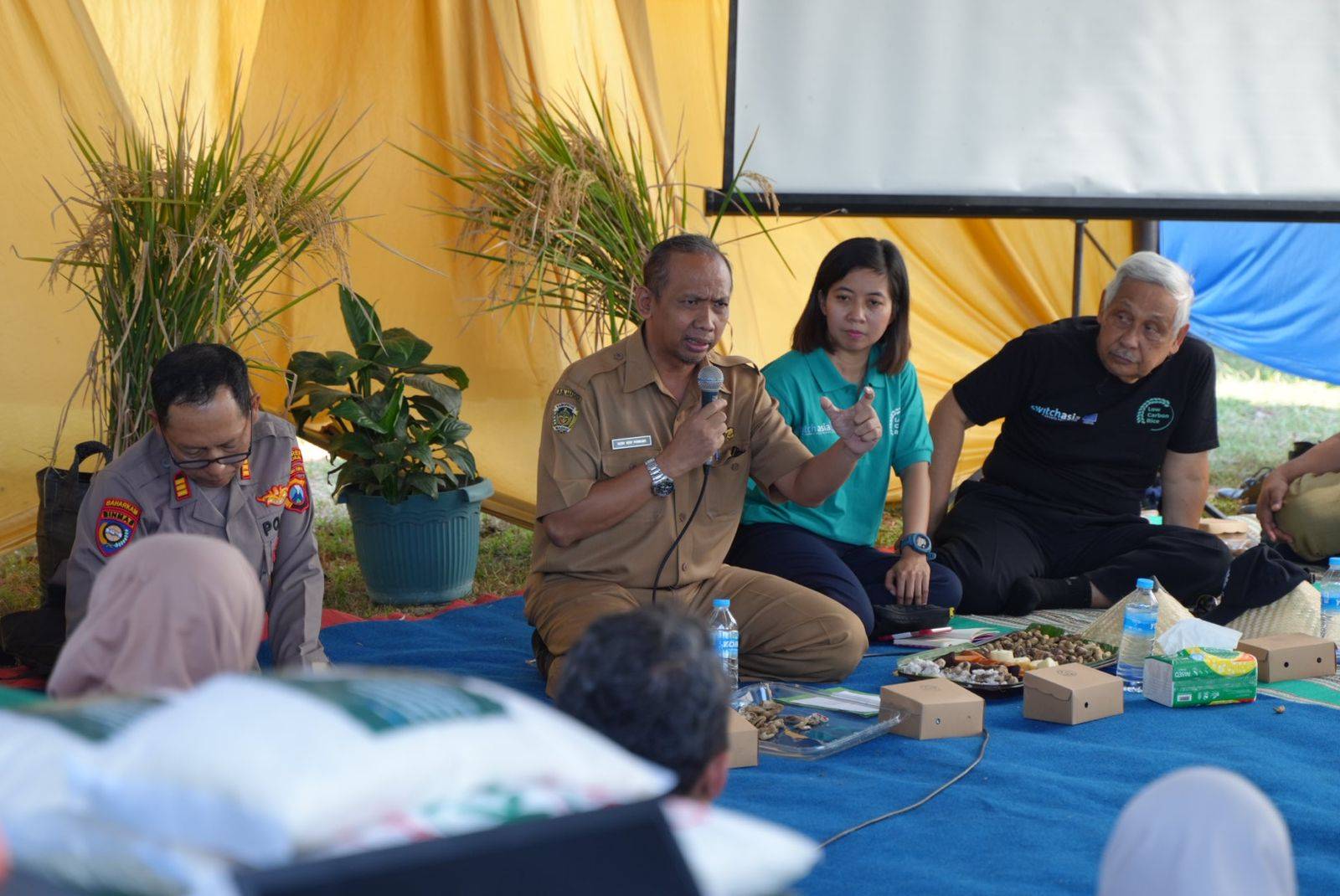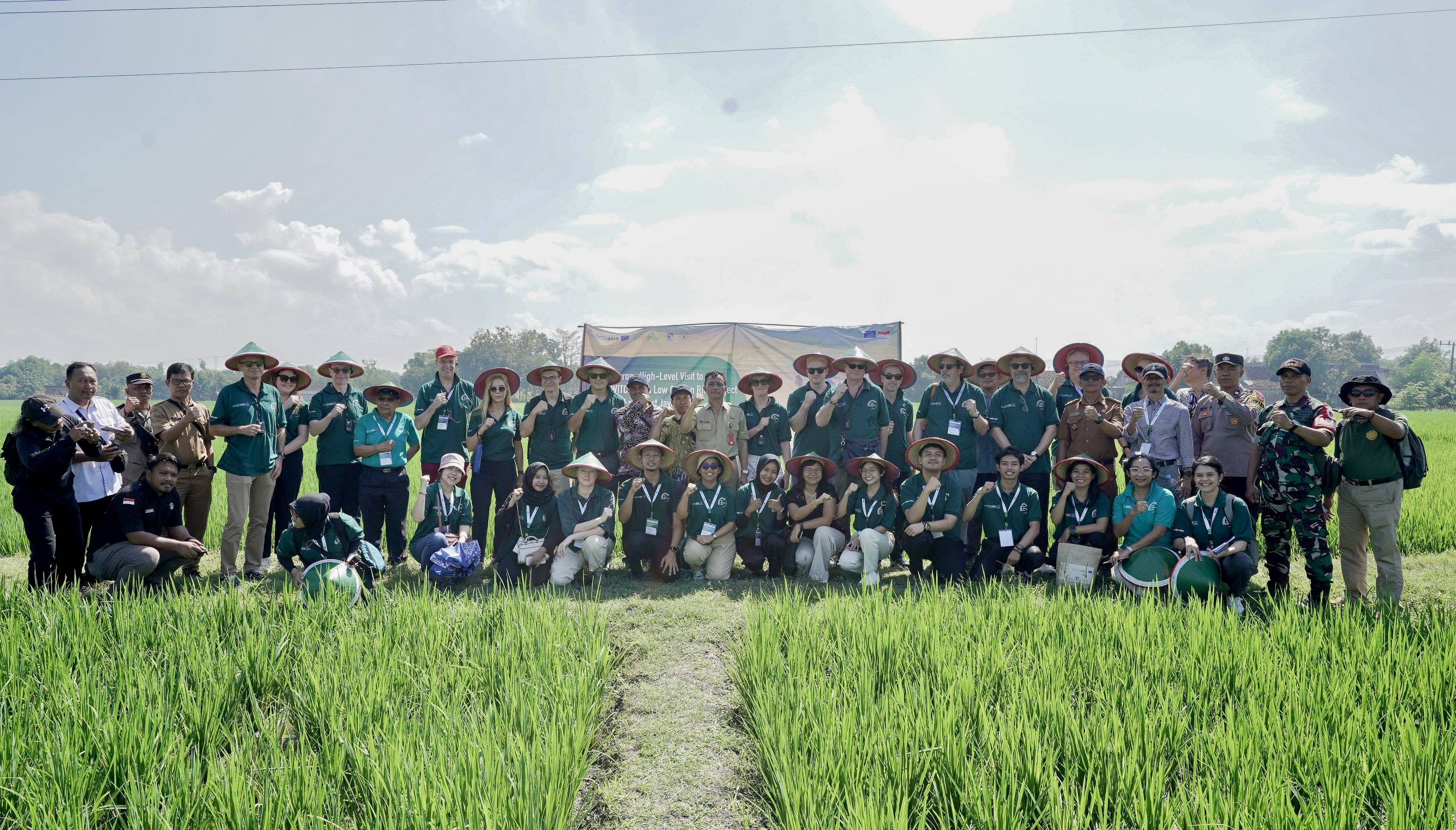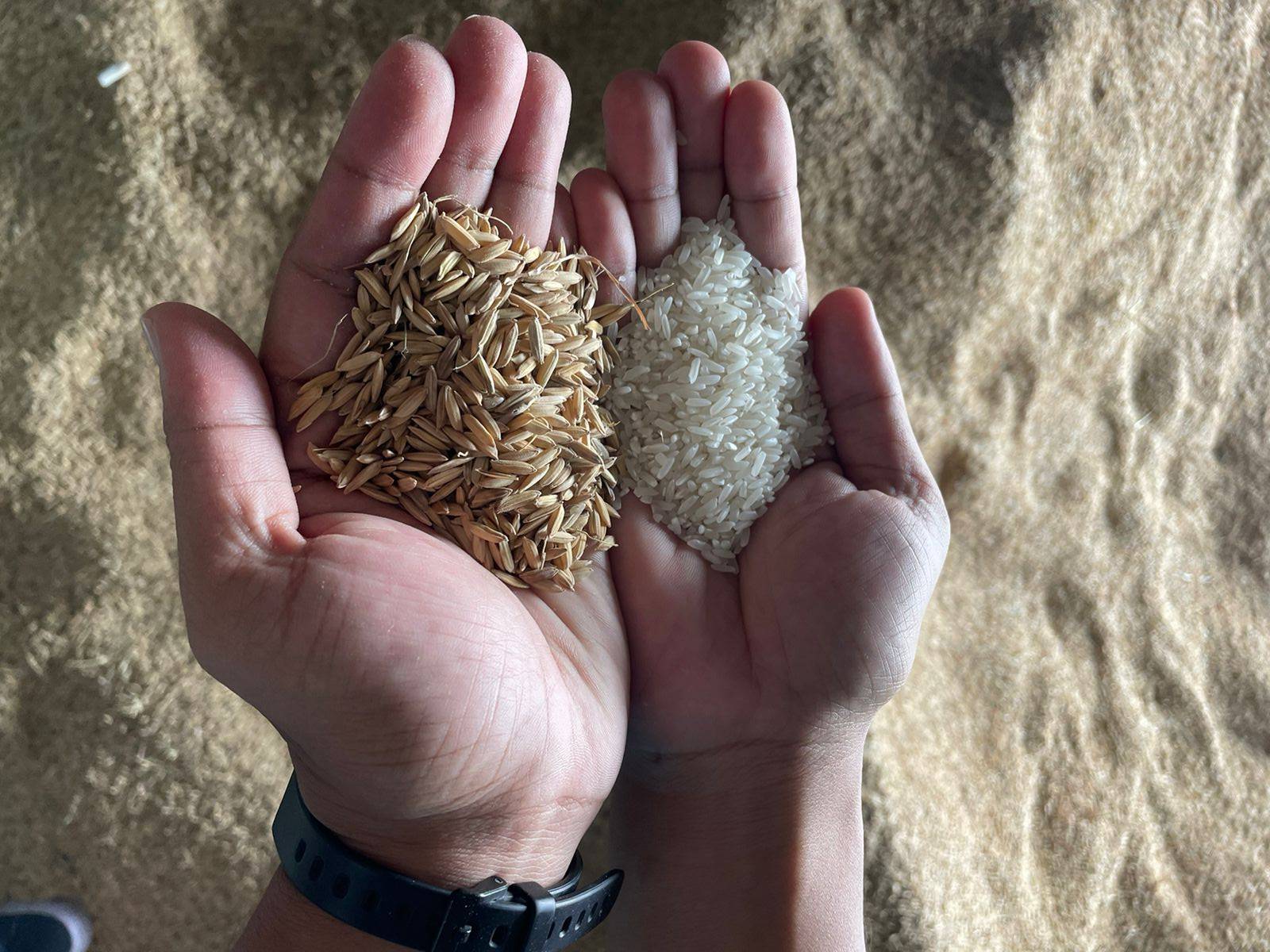
The Challenge
Indonesia is the third largest rice producer globally. Unfortunately, rice producers are amongst the most vulnerable to the impact of climate change: drought, floods, high temperatures, rising sea levels are direct threats to their livelihoods. One of the main challenges for rice producers or specifically rice millers, is their lack of access to financing for improved technology; the lack of awareness and technical knowledge on sustainable rice production methods; inability to ensure higher prices for sustainable rice despite government control over price and exports; and underdeveloped business models for new income streams from verified sustainable rice, sale of rice straw, and carbon credits from avoided emissions. Other main challenges in terms of climate change include: 20 million hectares of rice fields are prone to floods; another 20 million ha are susceptible to drought. Rice cultivation uses 40% of the world’s freshwater, using on average 1,432 liters of water to produce 1kg of rice in an irrigated lowland production system (the type of system used by most rice farmers in Java, Indonesia). This reduces freshwater availability for human consumption and other uses, contributing to increasing frequency and severity of water conflicts. Common practices for rice cultivation such as overuse of agrochemicals, further degrades water quality, ecosystem integrity, and human health. This project aims to reduce poverty in Asia by enabling sustainable rice to be produced in Indonesia, which will allow for increased income for rice producers who currently live well below the poverty line. Despite the concerns of the rice production on farm level, this project will mainly work directly with rice millers to address their problems stated above, while we will engage with smallholder farmers in advocacy level and policy dialogue for sustainable rice production.
The Objectives
Reduce the climate impacts of rice through the adoption of sustainable rice production (non-farm level). The specific objectives include:
- Enabling conditions and supporting policies for sustainable rice production created through facilitation of policy dialogue;
- A more inclusive sustainable rice sector governance model is developed through multi-stakeholder facilitation;
- Market access opportunities for sustainable rice are increased through facilitation of private sector engagement;
- Access to finance opportunities are increased for rice producers through technical assistance and new business models;
- A well-managed project that reaches its objectives is communicated to stakeholders and ensures best use of available resources.
The Way Forward
- Introduce SMEs to sustainability concepts and benefits;
- Provide capacity building targeted toward the needs of each specific set of stakeholders;
- Provide technical tools necessary to help switch rice milling operation to more sustainable methods;
- Provide access to new markets and new finance mechanisms to encourage uptake of sustainable methods;
- Coordinate all key stakeholders around a common sustainable approach;
- Baseline study to determine GHG emissions from rice production in 5 districts; study repeated at project end.
- Facilitate Policy dialogue to enable sustainable rice to be recognized and sold;
- Developing production policy and guidance on sustainable rice partnership model at district level;
- Strengthening the institutional capacity of stakeholders on sustainable rice at the district level;
- Developing standard, criteria and indicators for Indonesia Sustainable Rice platform;
- Build capacity of miller to improve quality and reduce loss;
- Facilitate rice millers to have access to new markets and new finance mechanisms to encourage uptake of sustainable methods;
- Develop sustainable rice business model for rice millers.
Relation to European Green Deal, Circular Economy and Climate Change
The project contributes to providing future-proof jobs and skills training for the transition towards a low-carbon and resource efficient circular economy, strengthening globally competitive and resilient industries and mobilising public and private investments.
Duration:
2022- 31 December 2025Total Budget:
EUR 2,680,847 (EU Contribution 80%)Contact Detail:
Angga Maulana Yusuf (Angga)
Project Manager, Preferred by Nature
Email: [email protected]
Lead Partners
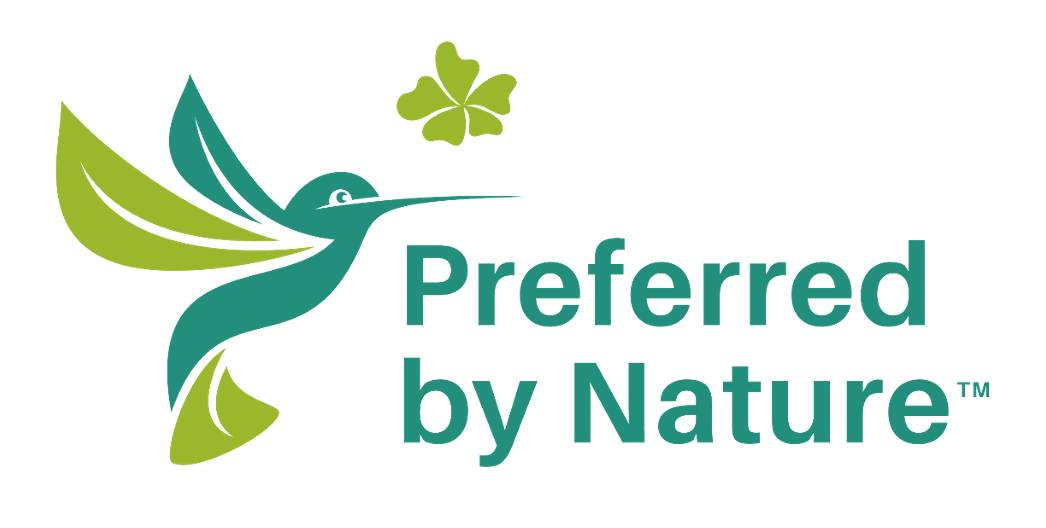
Preferred by Nature
Partners
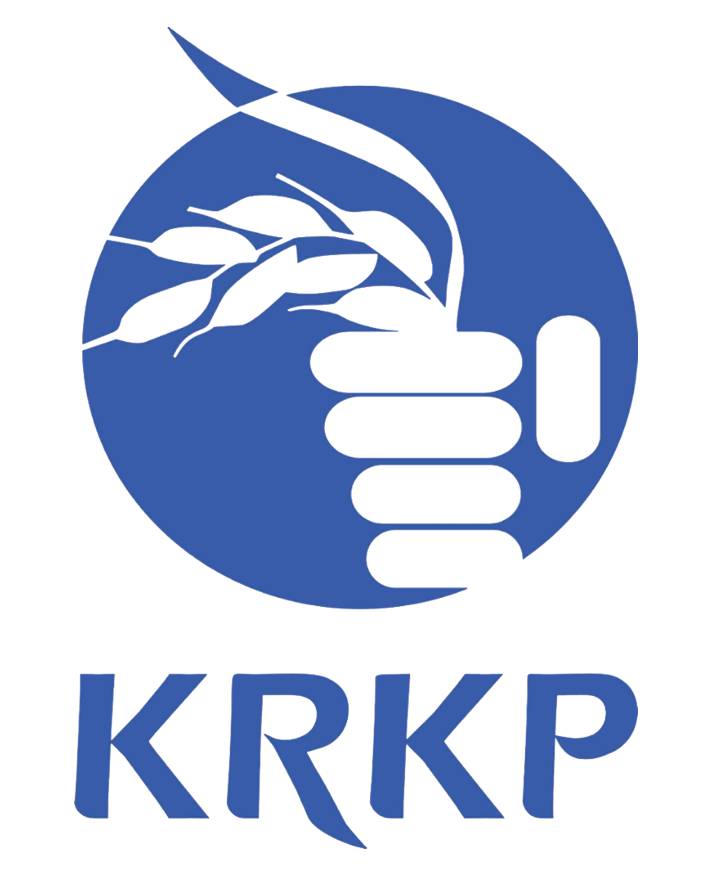
Koalisi Rakyat untuk Kedaulatan Pangan (KRKP)
People’s Coalition for Food Sovereignty

Persatuan Pengusaha Penggilingan Padi Dan Beras Indonesia (PERPADI)
Rice Millers and Trader Association

